The Arrival in Dharavi
The train screeched into Mumbai Central, its compartments packed with passengers clinging to every corner. Among them was a frail 11-year-old boy named Imtiyaz, who had traveled alone from Tamil Nadu. His parents had passed away young, leaving him with no family to cling to. His only companion on that long train ride was hunger, fear, and an unwavering sparkle in his eyes.
When the train doors opened, he stepped out with nothing but a small cloth bag and a dream he couldn’t yet put into words. With trembling steps, he walked toward Dharavi—the place people called Asia’s largest slum. To others, Dharavi was synonymous with poverty and chaos. To Imtiyaz, it was simply a chance at survival.

The First Struggles
Life at 11 in Dharavi wasn’t life; it was survival. Imtiyaz found shelter in a tin-roofed hut shared with three other laborers. By day, he worked carrying sacks of scrap leather in the local tanning units. By night, he fell asleep on the floor, often with an empty stomach.
Yet, something unusual set him apart. Unlike other kids who cursed their fate, Imtiyaz wore a smile that refused to fade. His big, hopeful eyes convinced traders and workers that this boy was different. He never complained, never asked for more—only worked sincerely. Soon, he became known as “Chhota Dost” (little friend) among leather traders.
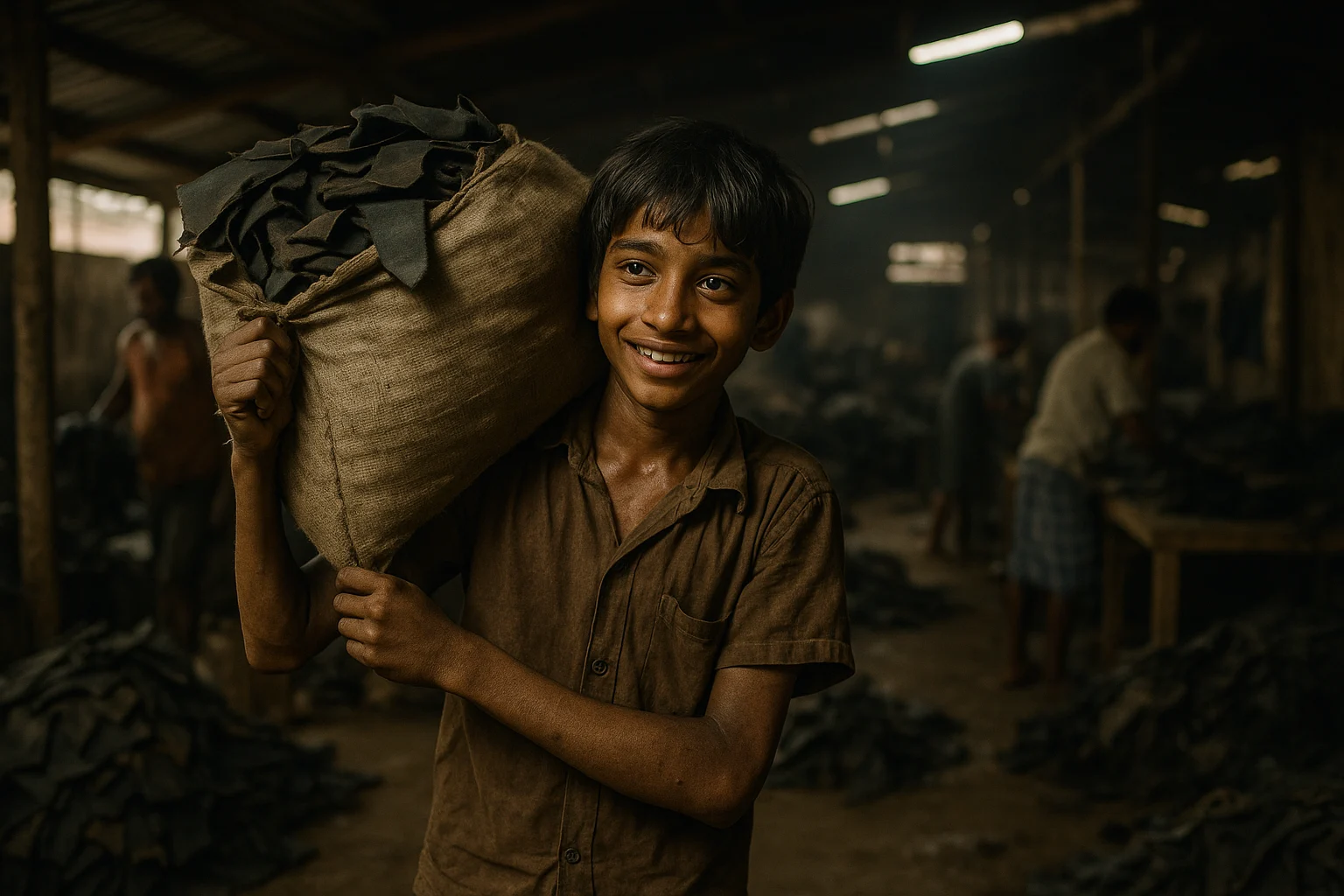
The Spark of Trust
By the time he reached 18, Imtiyaz had worked with almost every trader in Dharavi. He wasn’t just a helper anymore—he was a symbol of trust. Traders would leave money, keys, or even unsupervised work with him, knowing he wouldn’t fail them.
One evening, a trader named Salim Bhai, who owned a small leather workshop, called him aside.
“Imtiyaz, you’ve been more loyal to me than my own relatives. From today, you’re not just a worker—you’ll get a share in the profits.”
It was the first turning point of his life. That month, when he held his first share of earnings, his hands trembled. For the first time, he felt not like a laborer, but like a partner.

Building the Empire
The leather trade in Dharavi was booming, with its goods being exported worldwide. Imtiyaz threw himself into learning every detail—designs, pricing, supply chains, even English to communicate with foreign buyers. His sharp memory and polite manner impressed everyone.
By 25, he was no longer just a boy from the slums—he was a man with vision. He rented small spaces to start his own units, employing other boys who once struggled like him. His motto was clear: “No one should sleep hungry if they work with me.”
Over the next two decades, he expanded into multiple workshops. From wallets to jackets, his leather goods reached Dubai, Singapore, and London. Dharavi whispered his name with respect.

The Man of Inclusiveness
What truly made Imtiyaz loved was not just his success but his attitude of inclusiveness. He never saw religion, caste, or background—he saw only sincerity. Hindus, Muslims, Tamils, Gujaratis—all worked under his roof.
His workers often said, “Seth toh ameer hai, par dil se hum jaisa hi hai.” (Our boss is rich, but his heart is like ours.)
Every Eid, he distributed clothes. Every Diwali, sweets. And when someone’s child needed school fees, he quietly paid it.
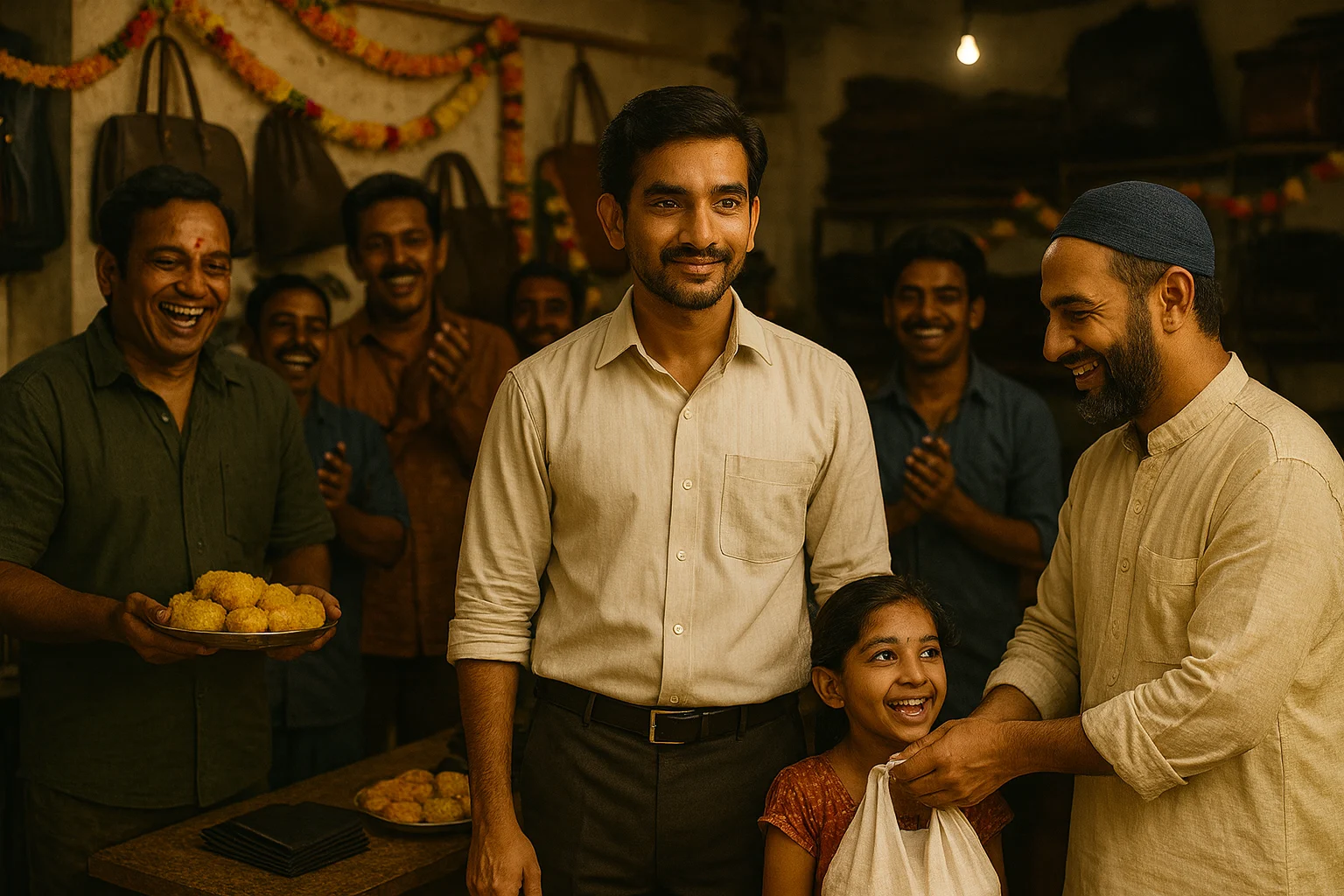
The Height of Success
By the time he turned 50, Imtiyaz was worth crores. His name was associated with honesty, dignity, and hard work. He had gone from carrying leather scraps to becoming Dharavi’s Leather King.
But wealth never changed his simplicity. He still lived in Dharavi, refusing offers to move to South Mumbai. “This is where I became who I am,” he would say.
The Final Goodbye
Years of hard work took a toll, and in his late sixties, his health began to decline. The day he died, Dharavi stood still. Shops closed their shutters. Thousands poured into the narrow lanes for his janaza (funeral).
Not everyone knew him personally, but they knew his story—the boy who arrived hungry and left behind an empire of love.
The true wealth he carried was not the crores in the bank but the hearts of lakhs who mourned his loss.
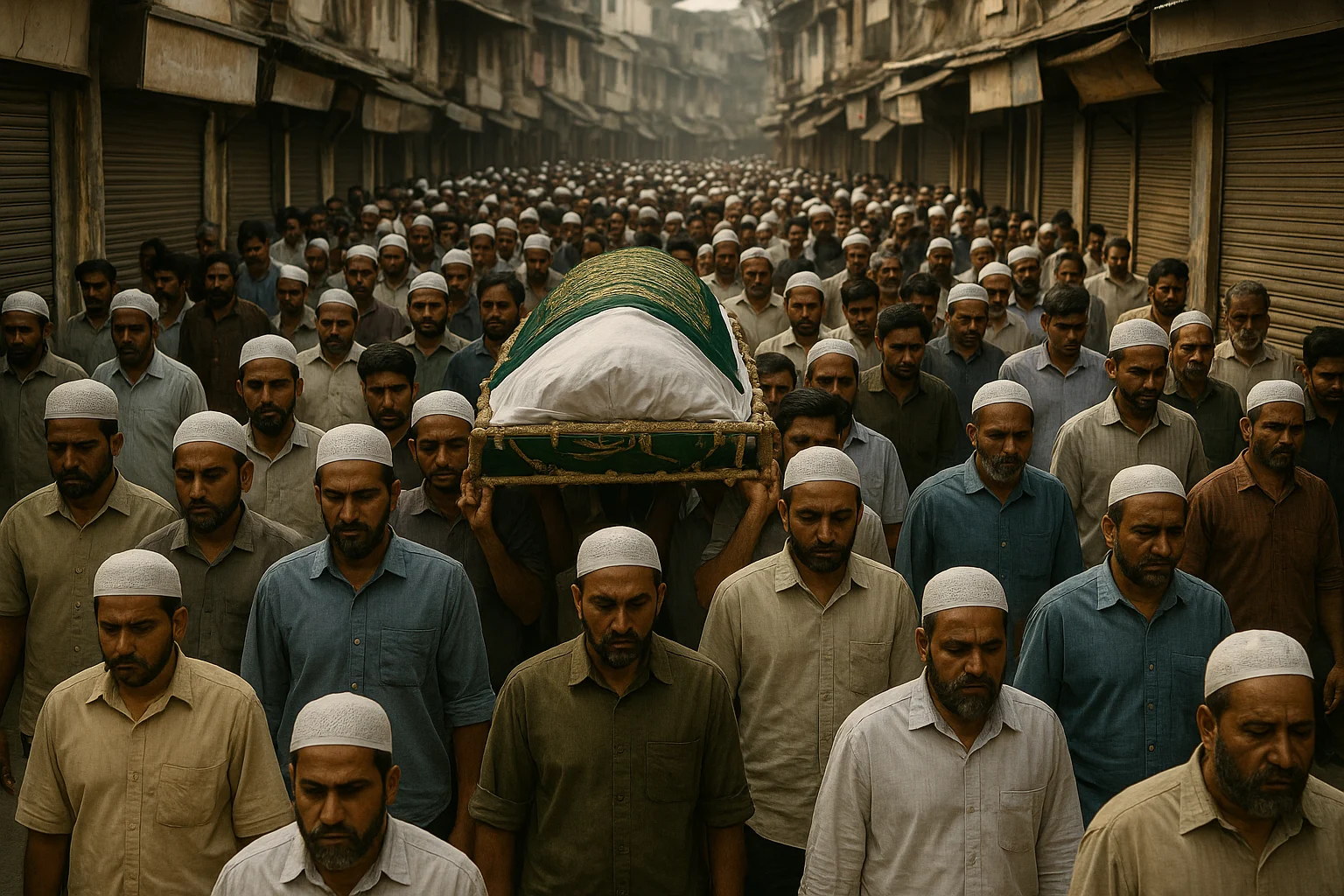
Moral of the Story
True success is not measured by wealth alone but by the love, respect, and trust you earn from people. Hardship, when embraced with dignity, becomes the foundation of greatness.
Receive Stories and Articles in your Inbox!
We won’t send any promotional or spam emails.
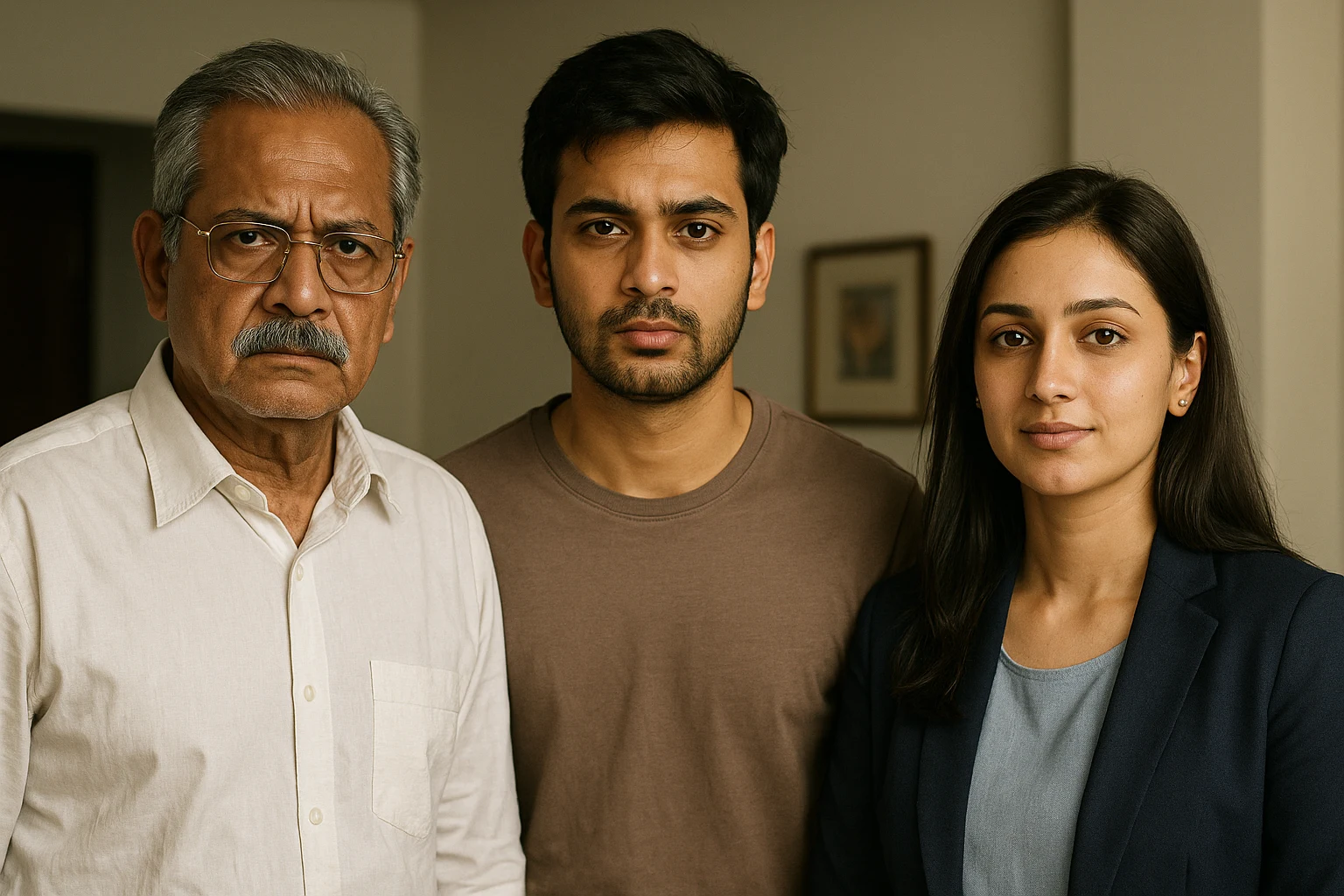

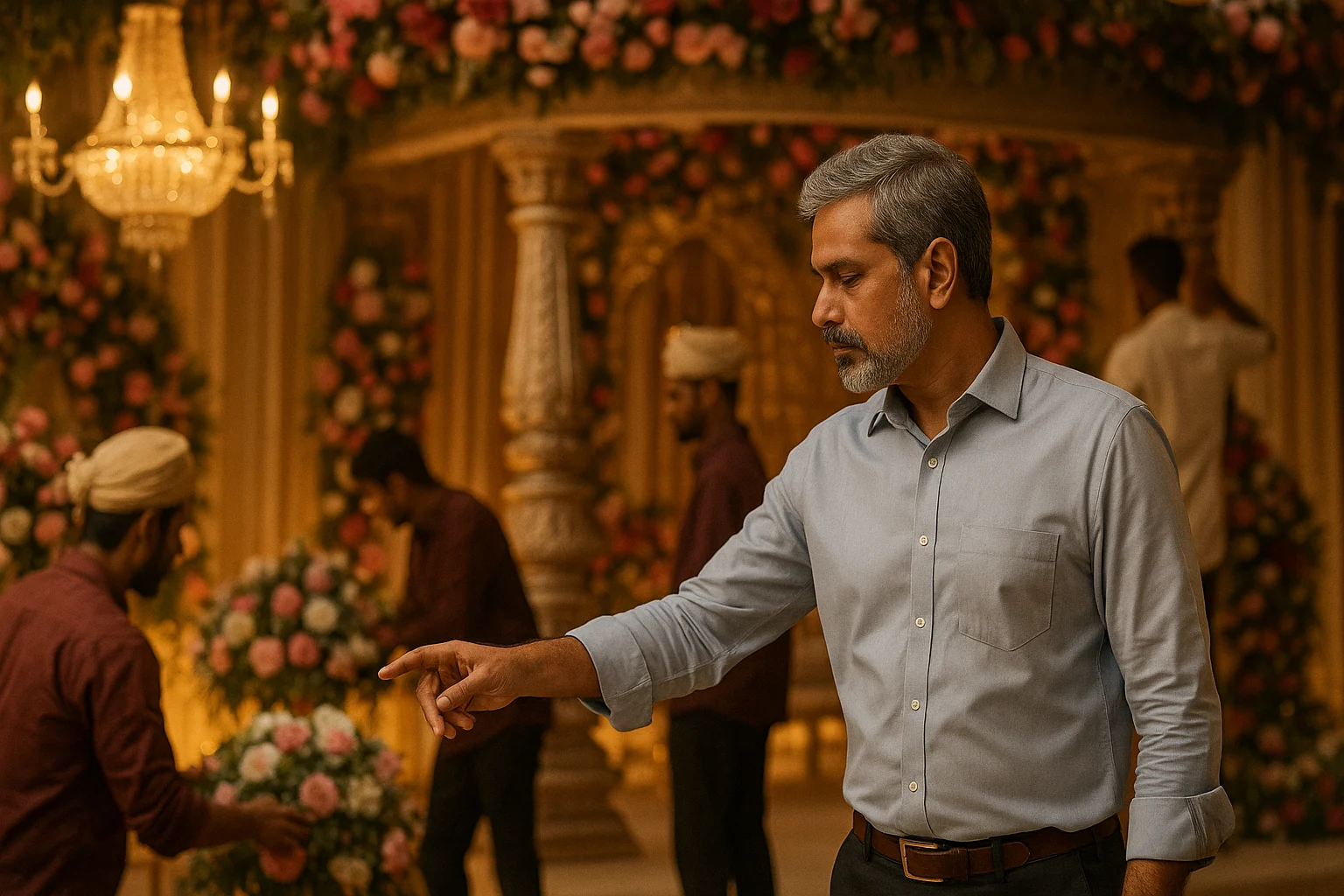
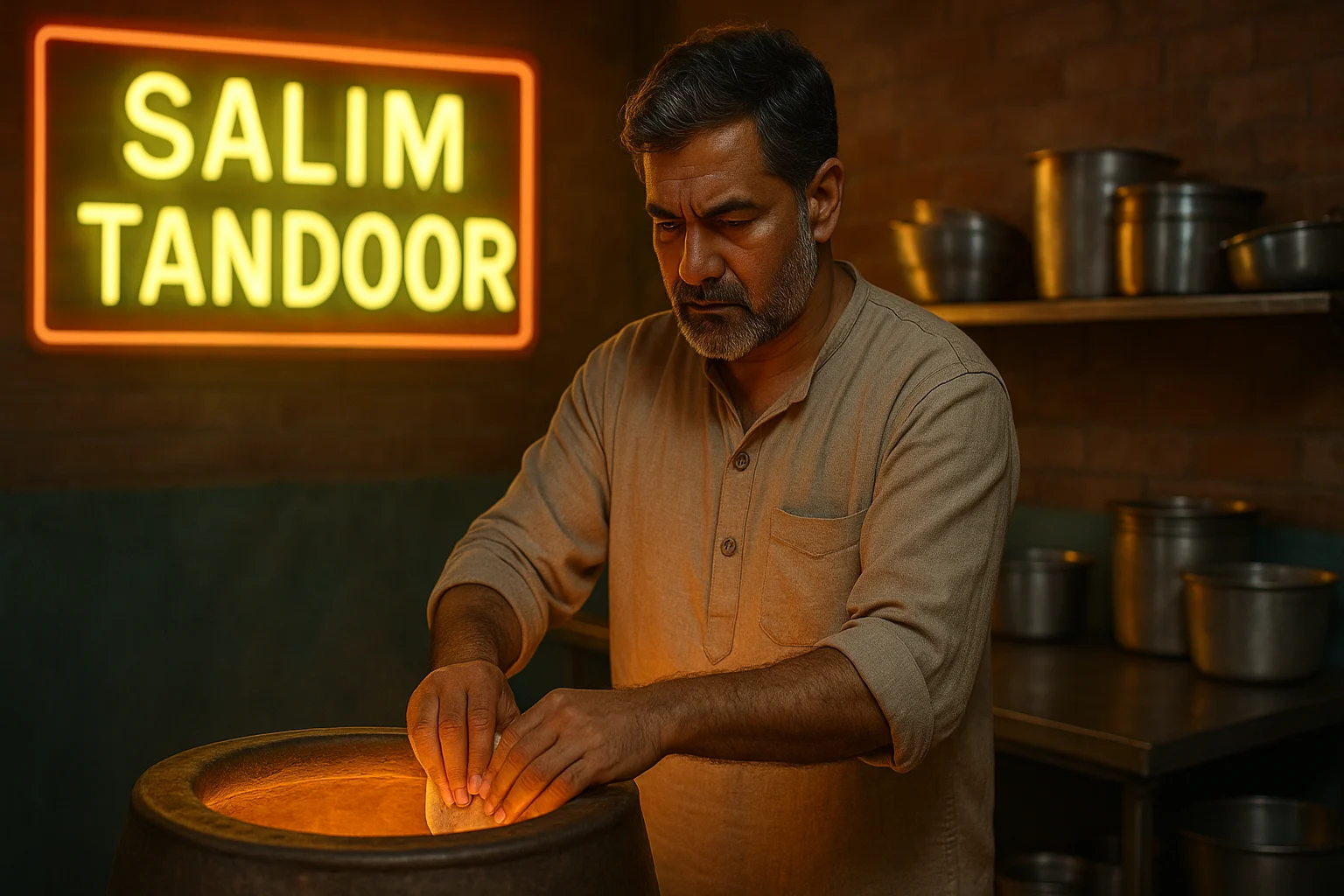
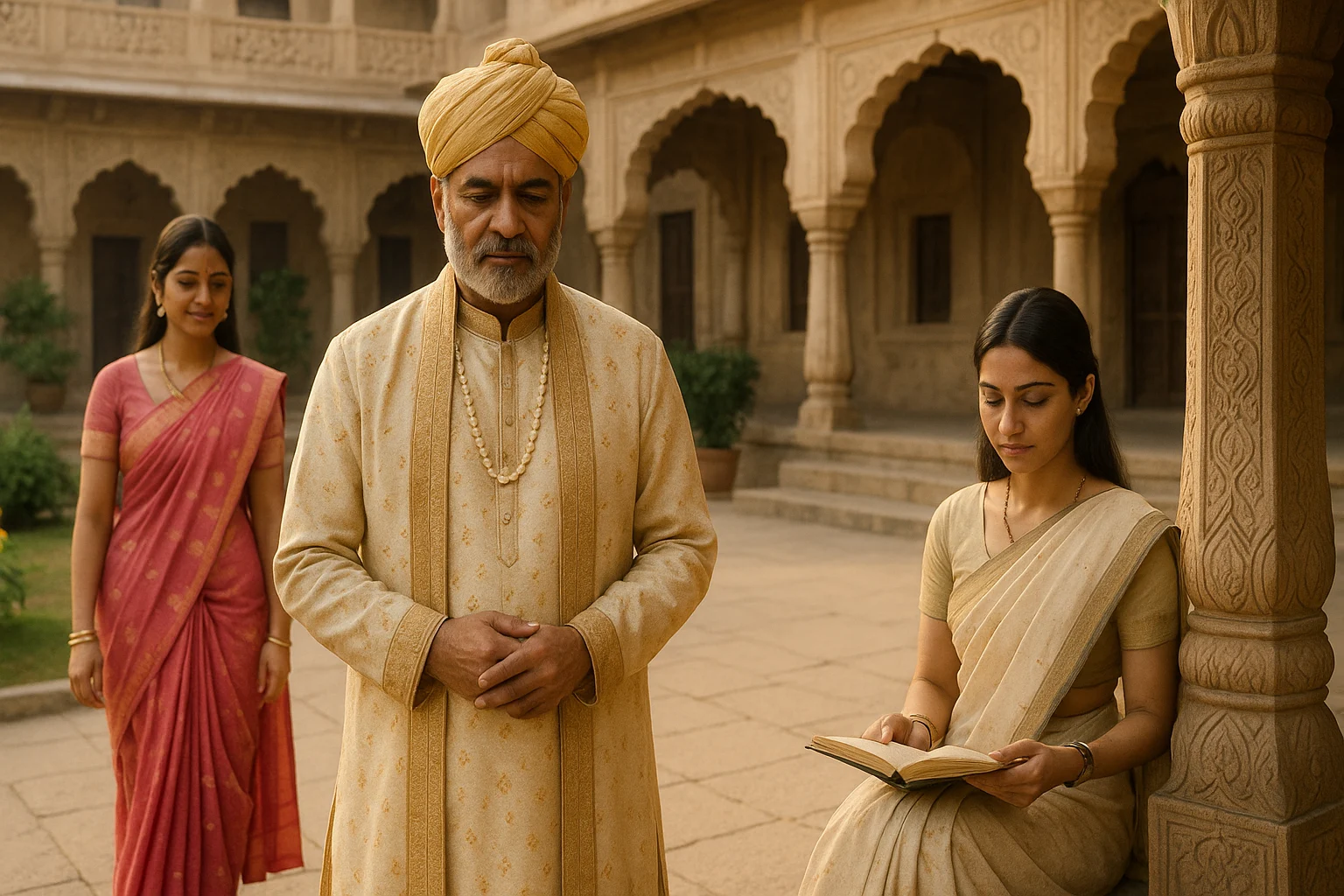
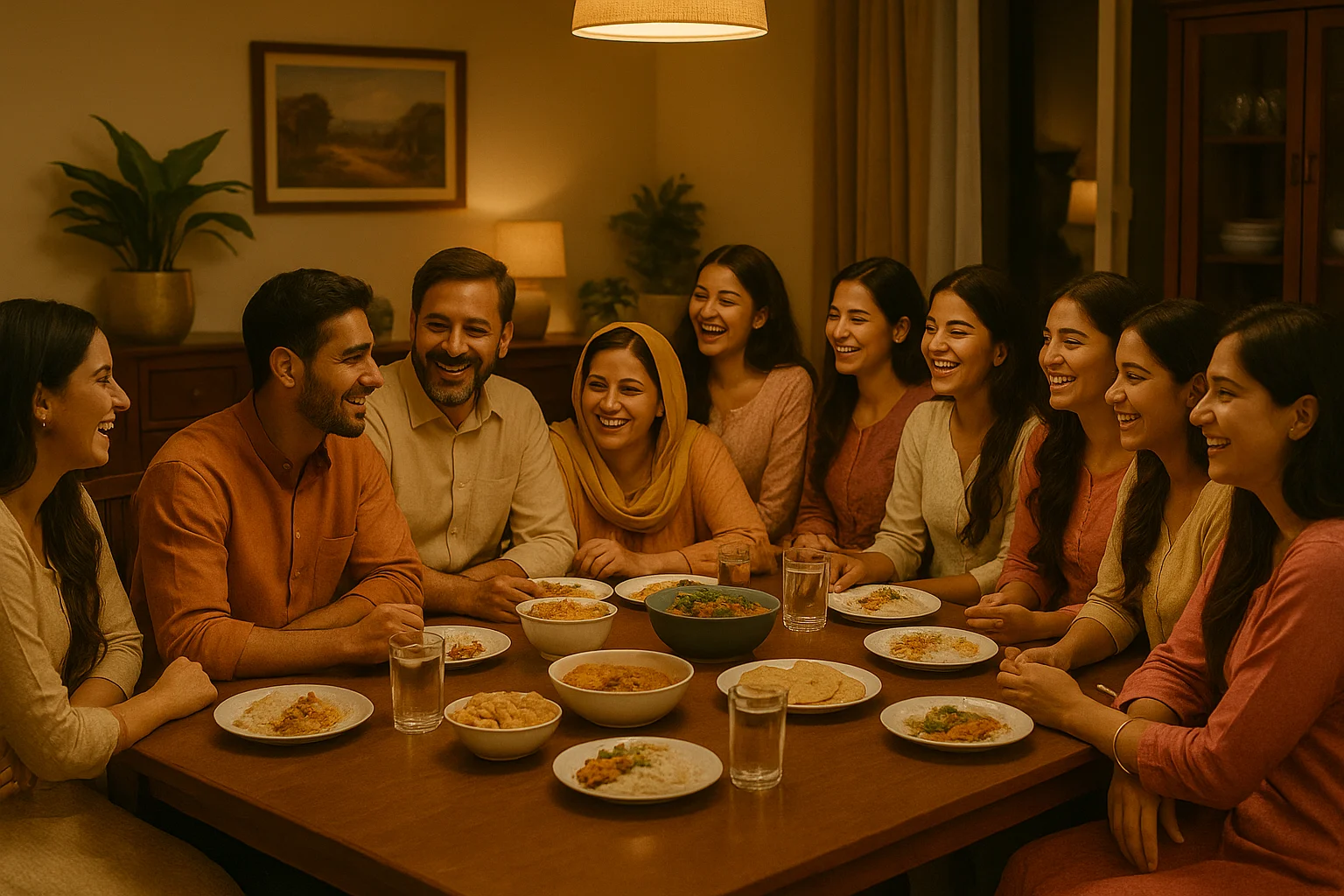
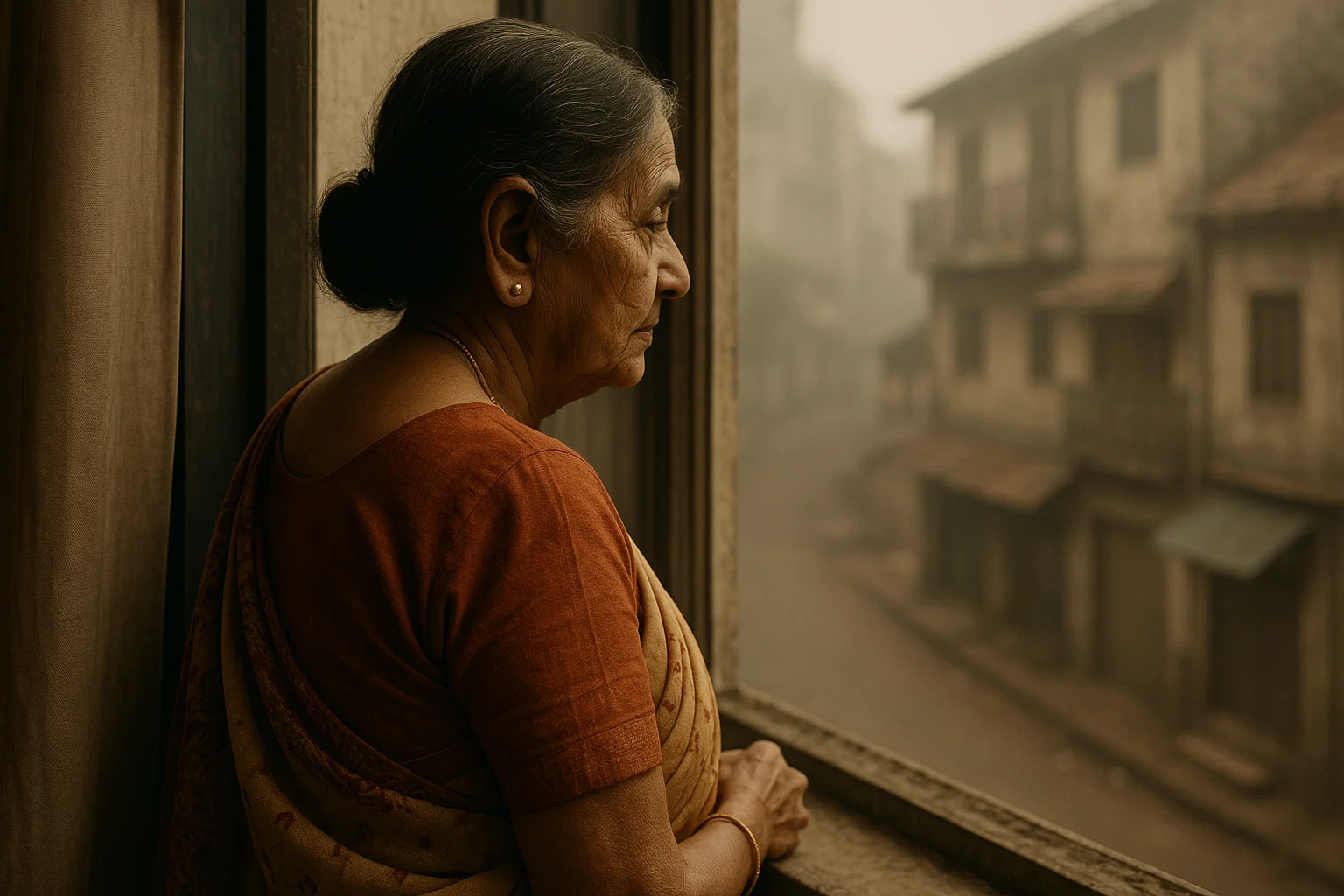
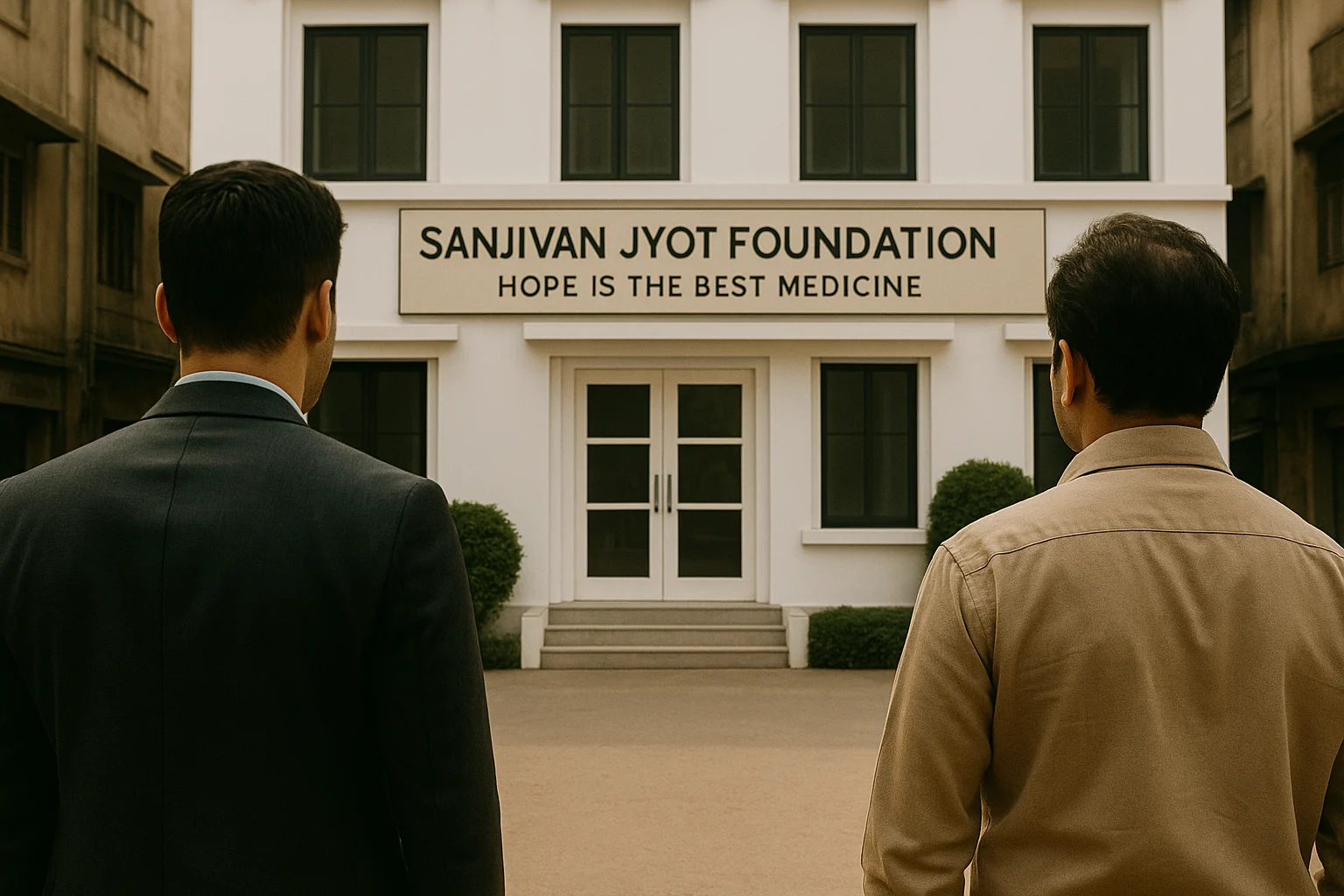
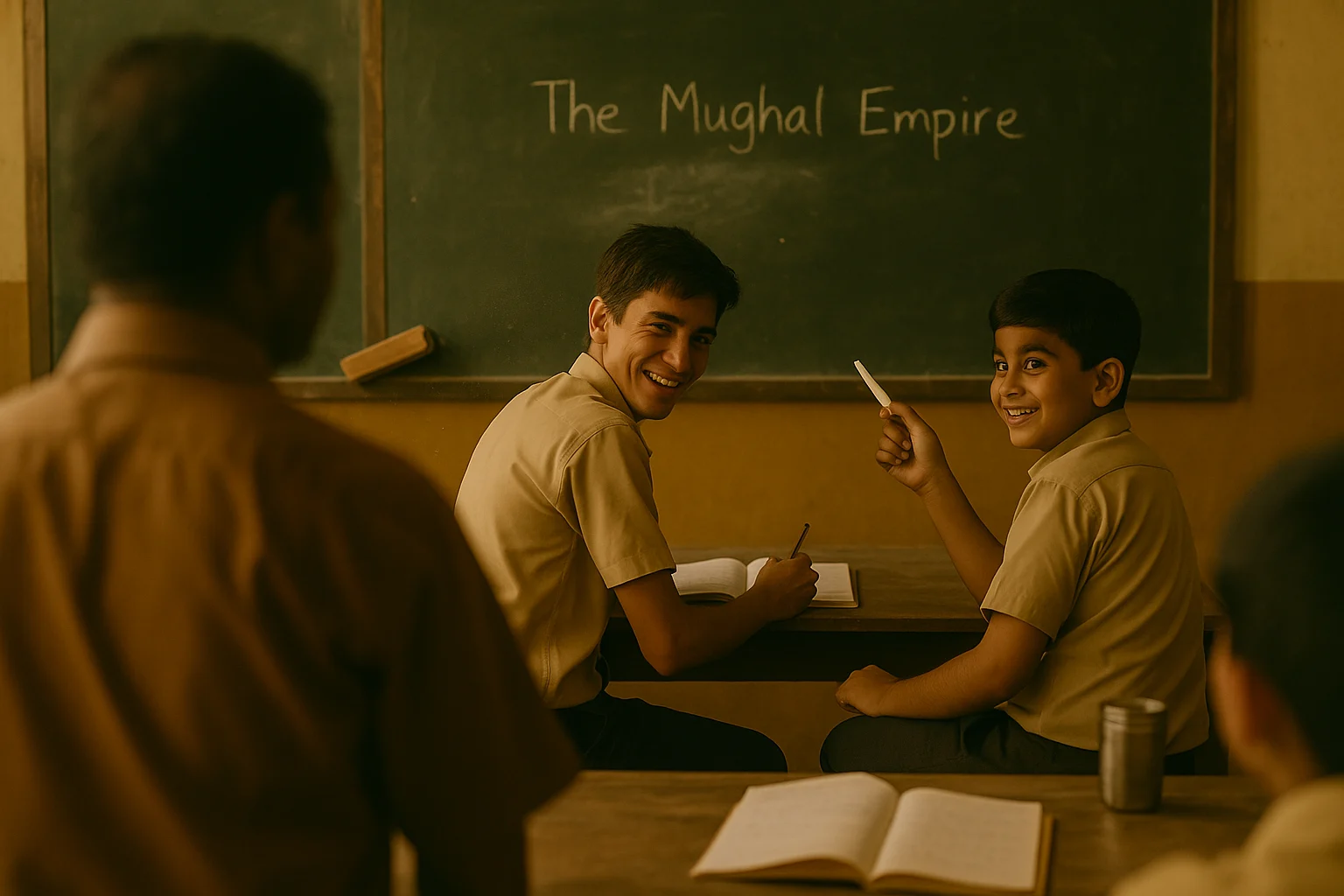
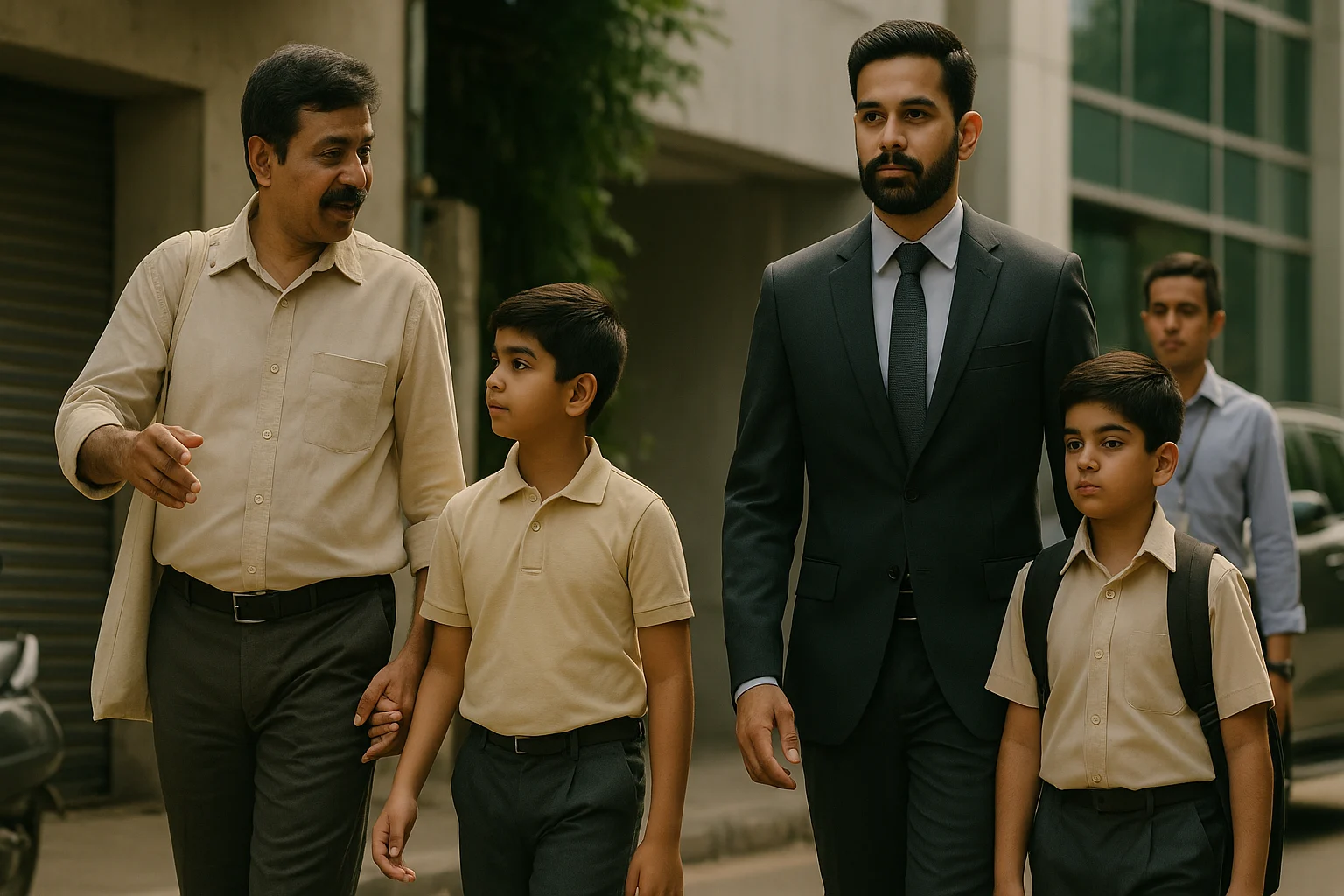
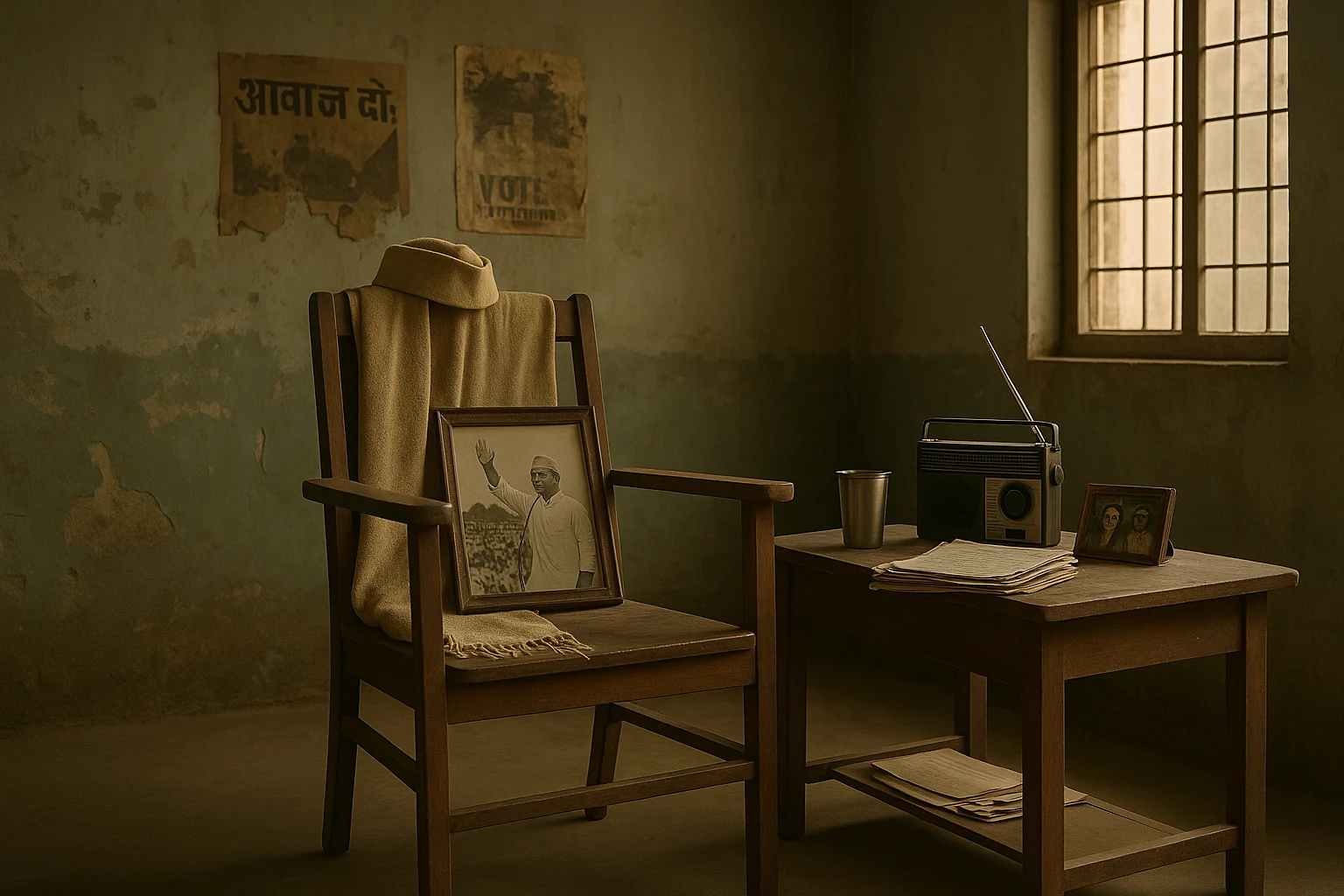


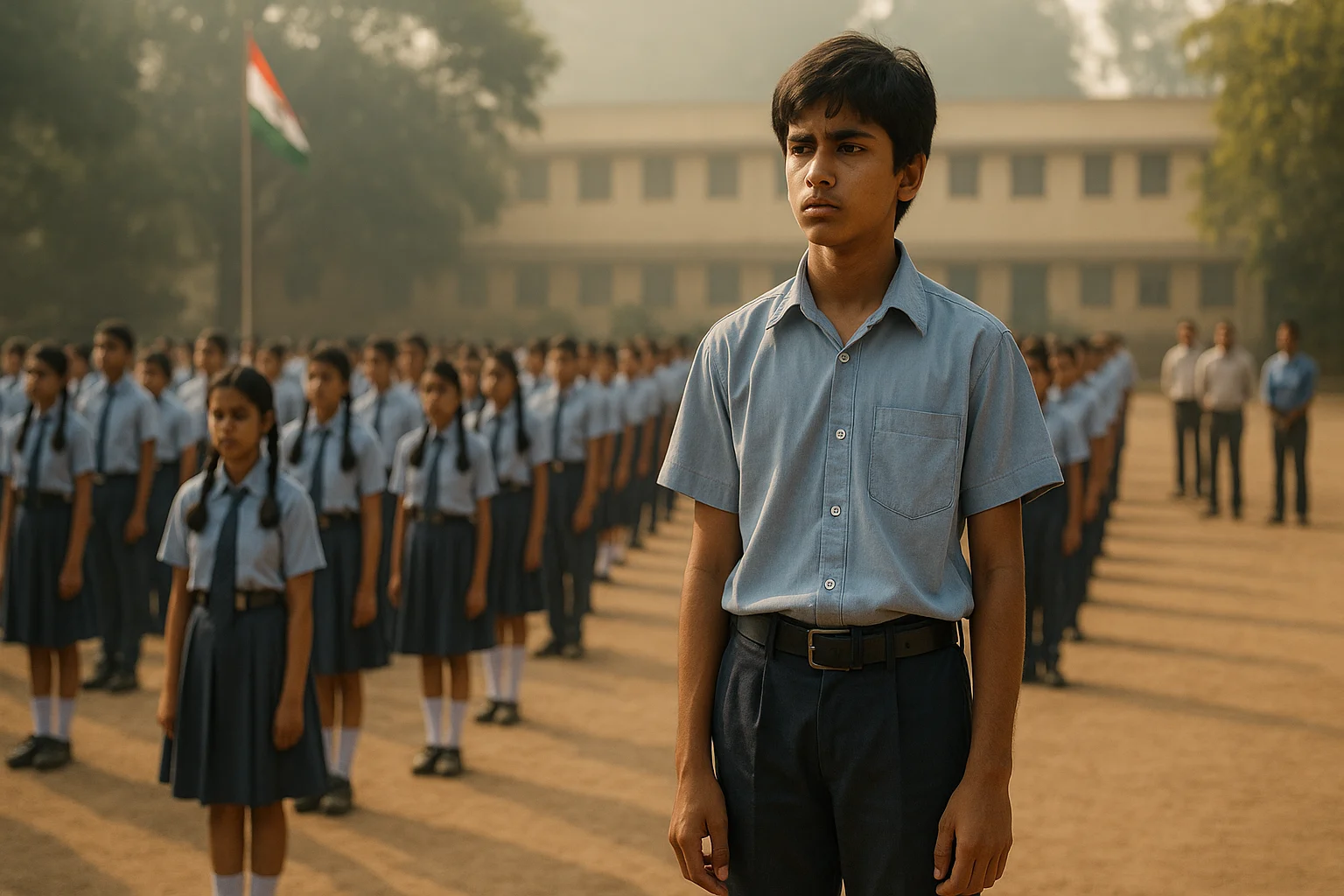
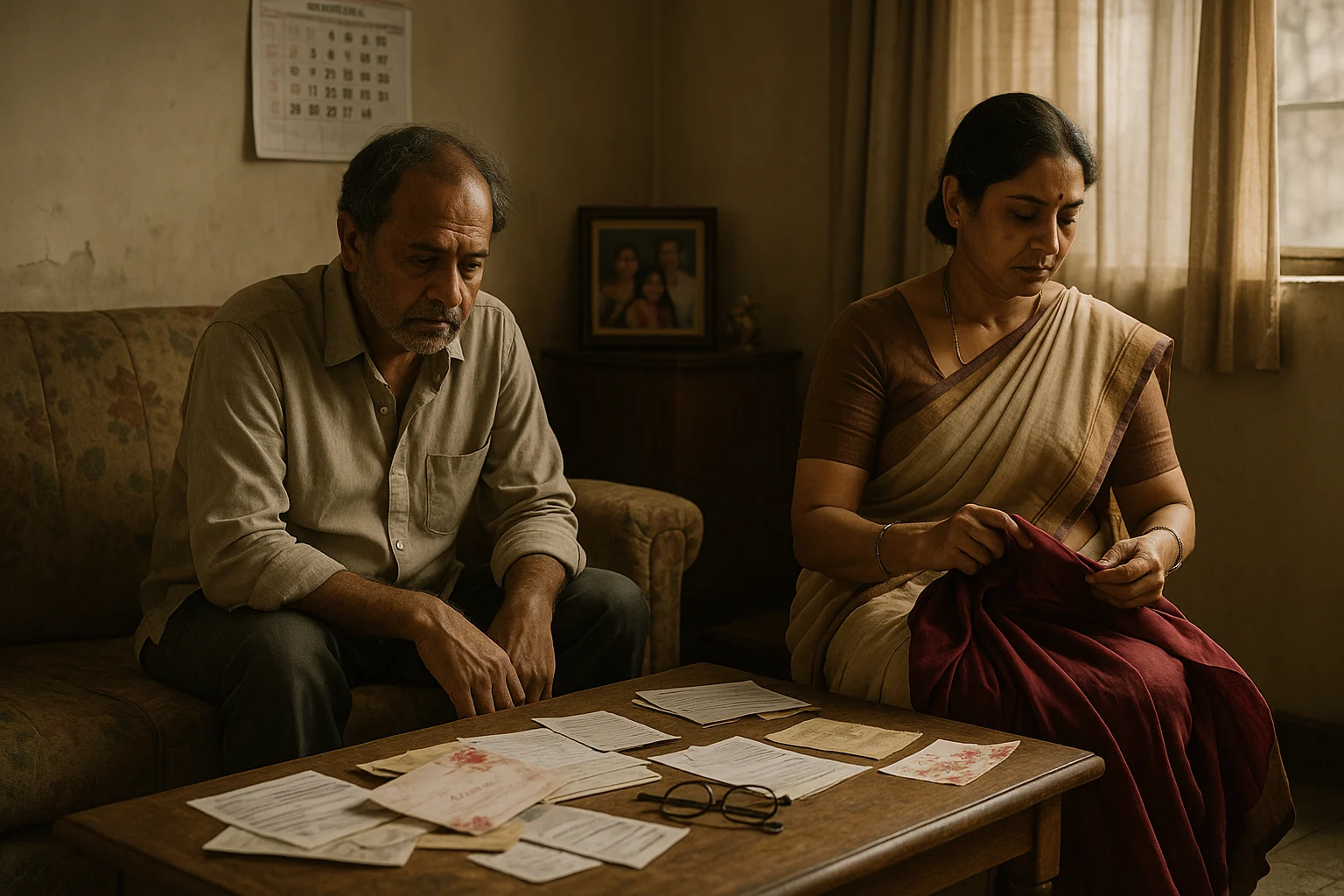
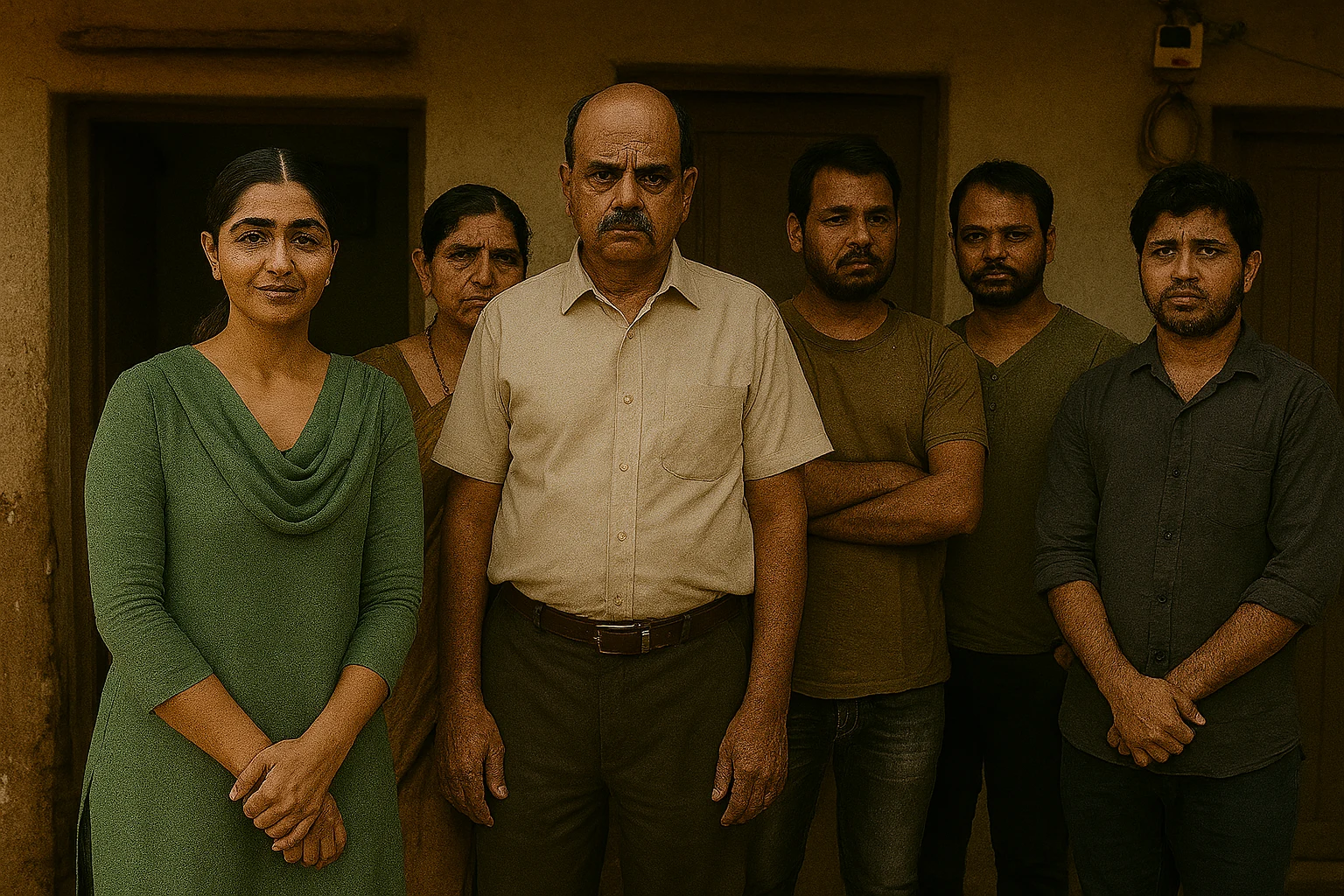

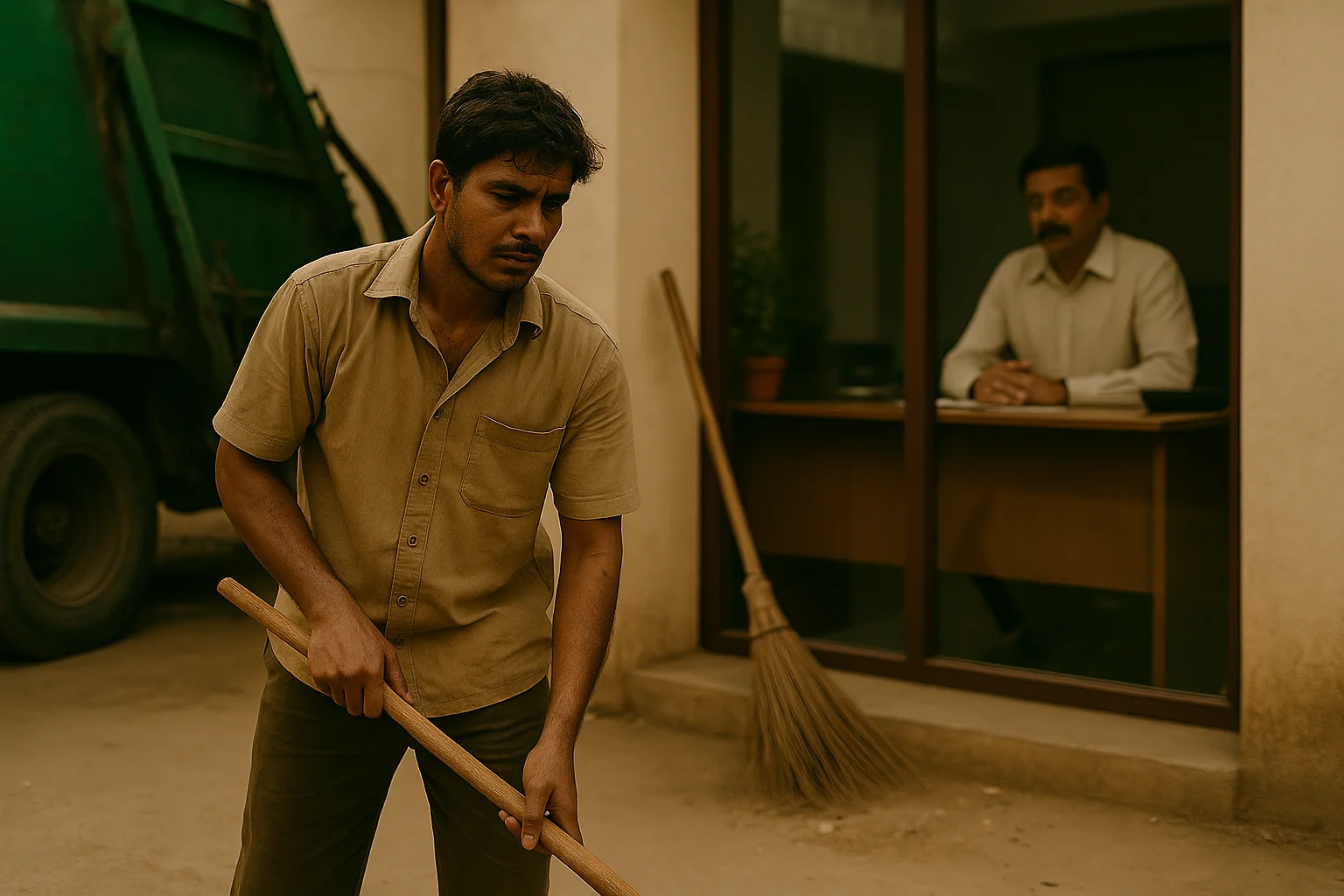
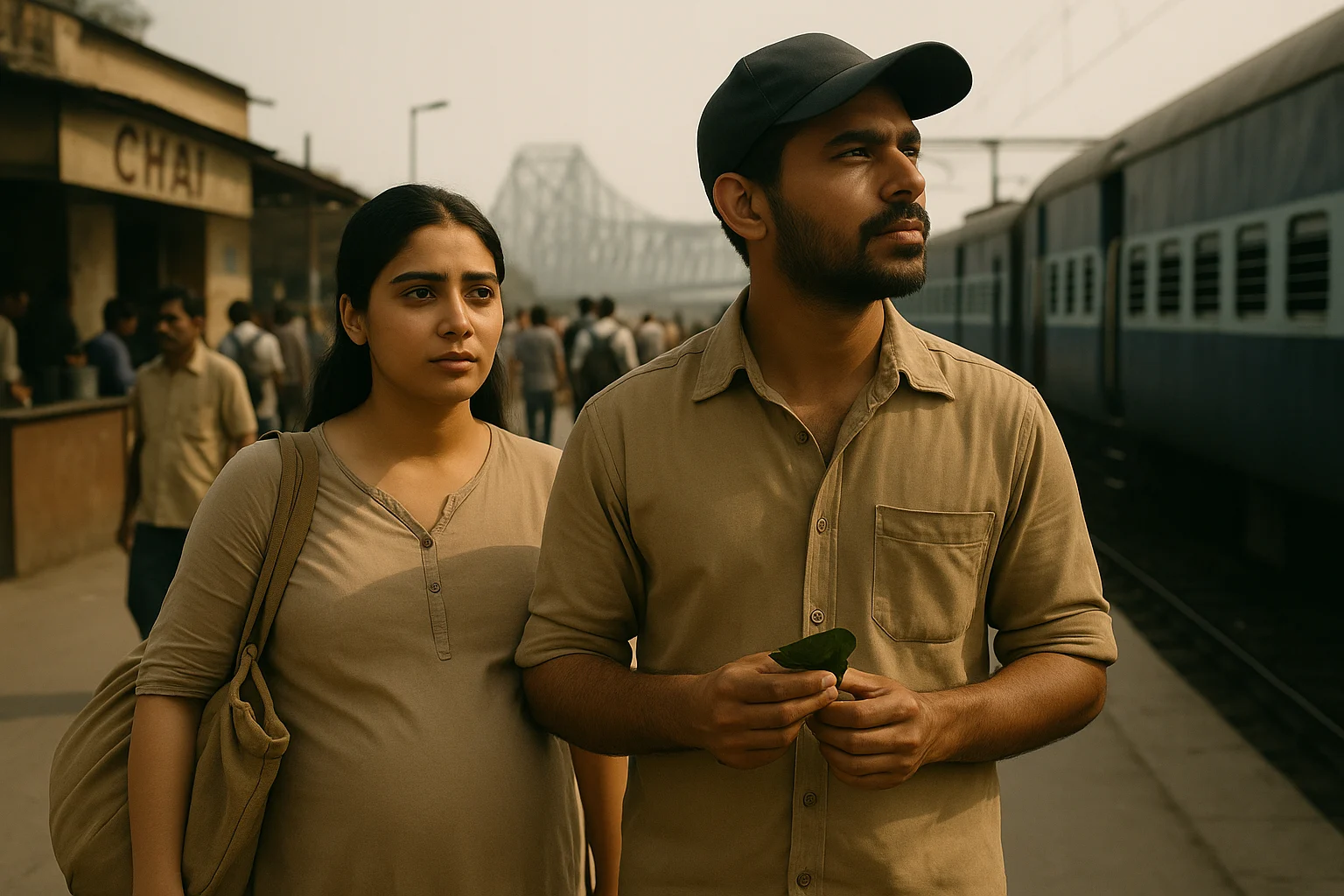
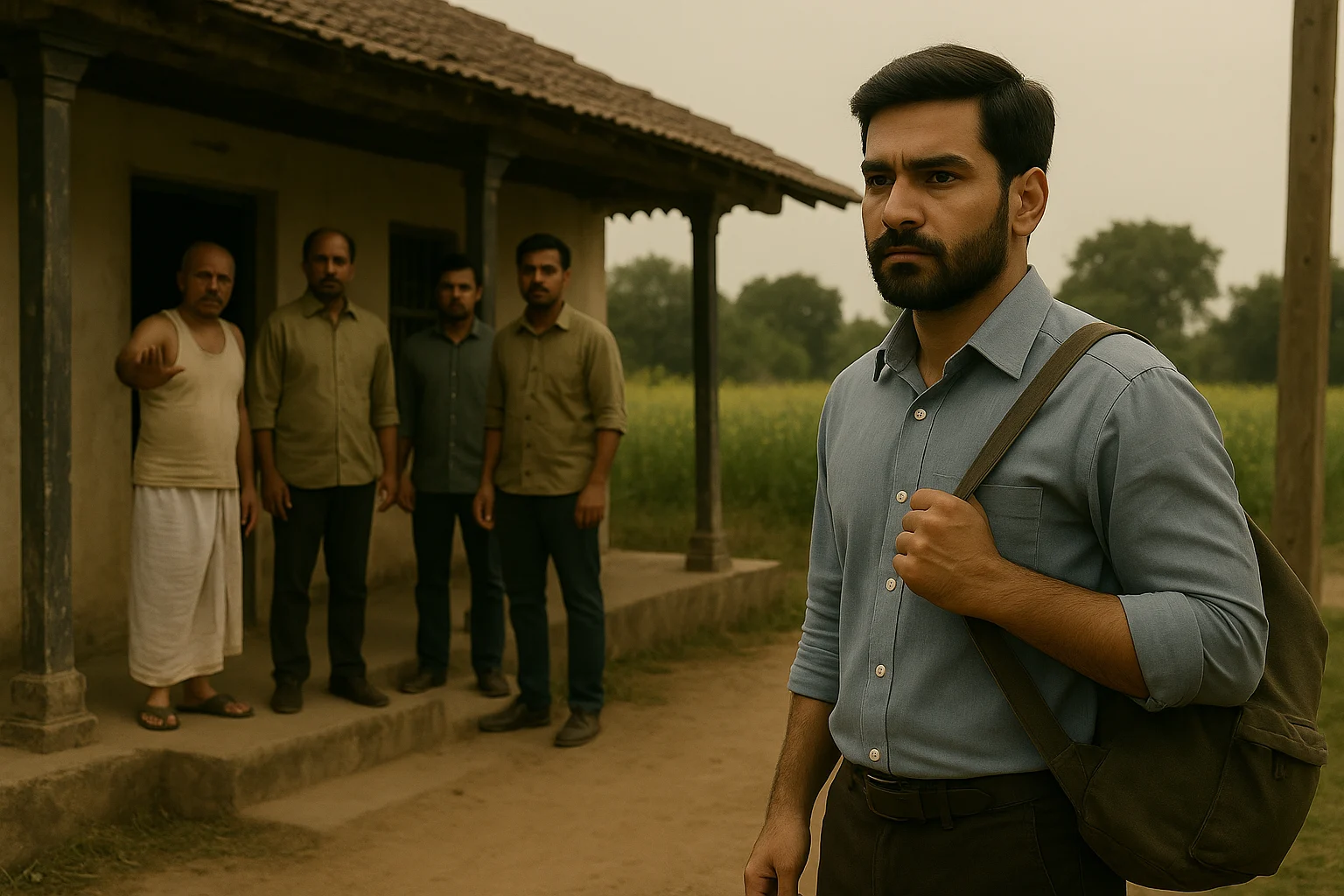
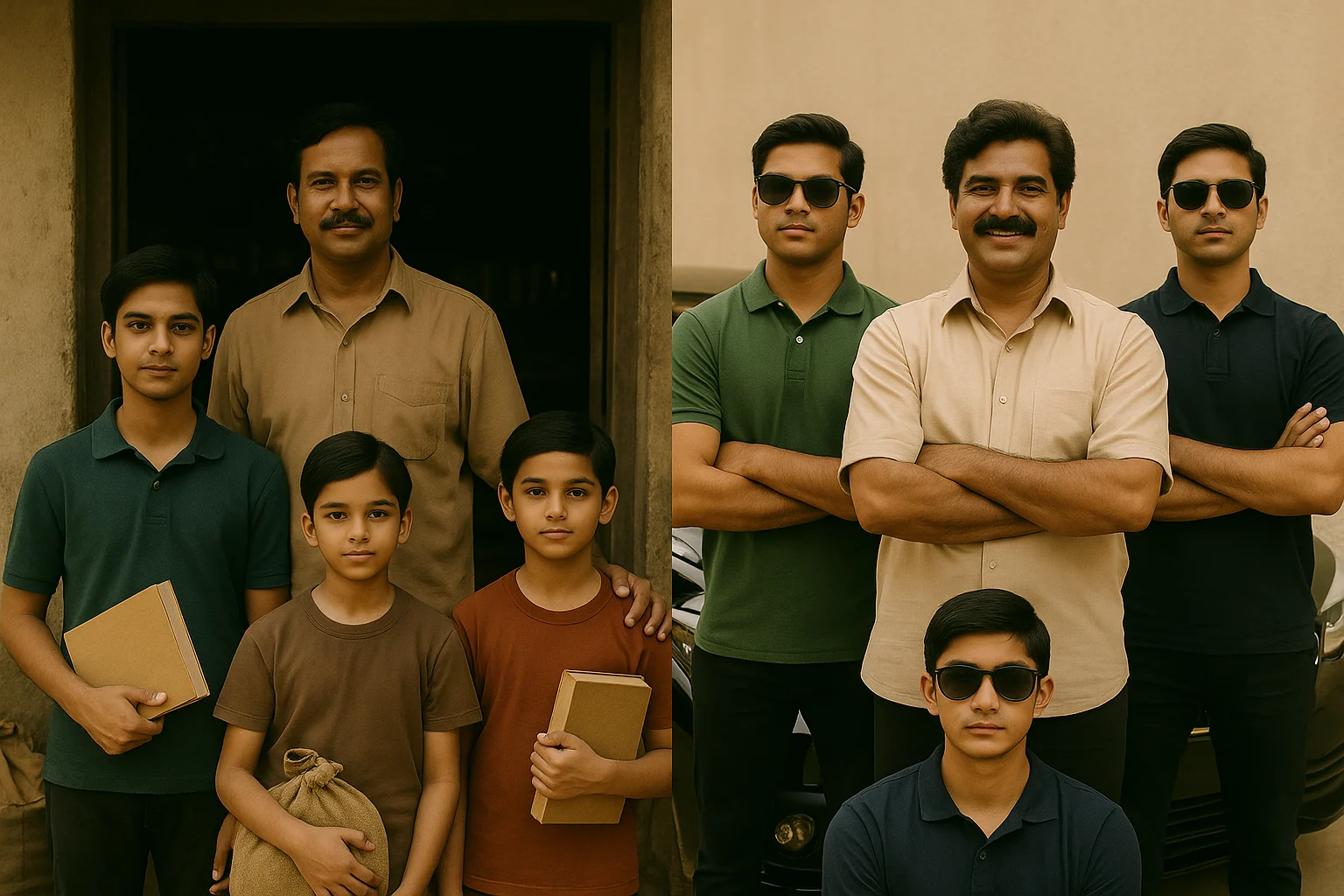
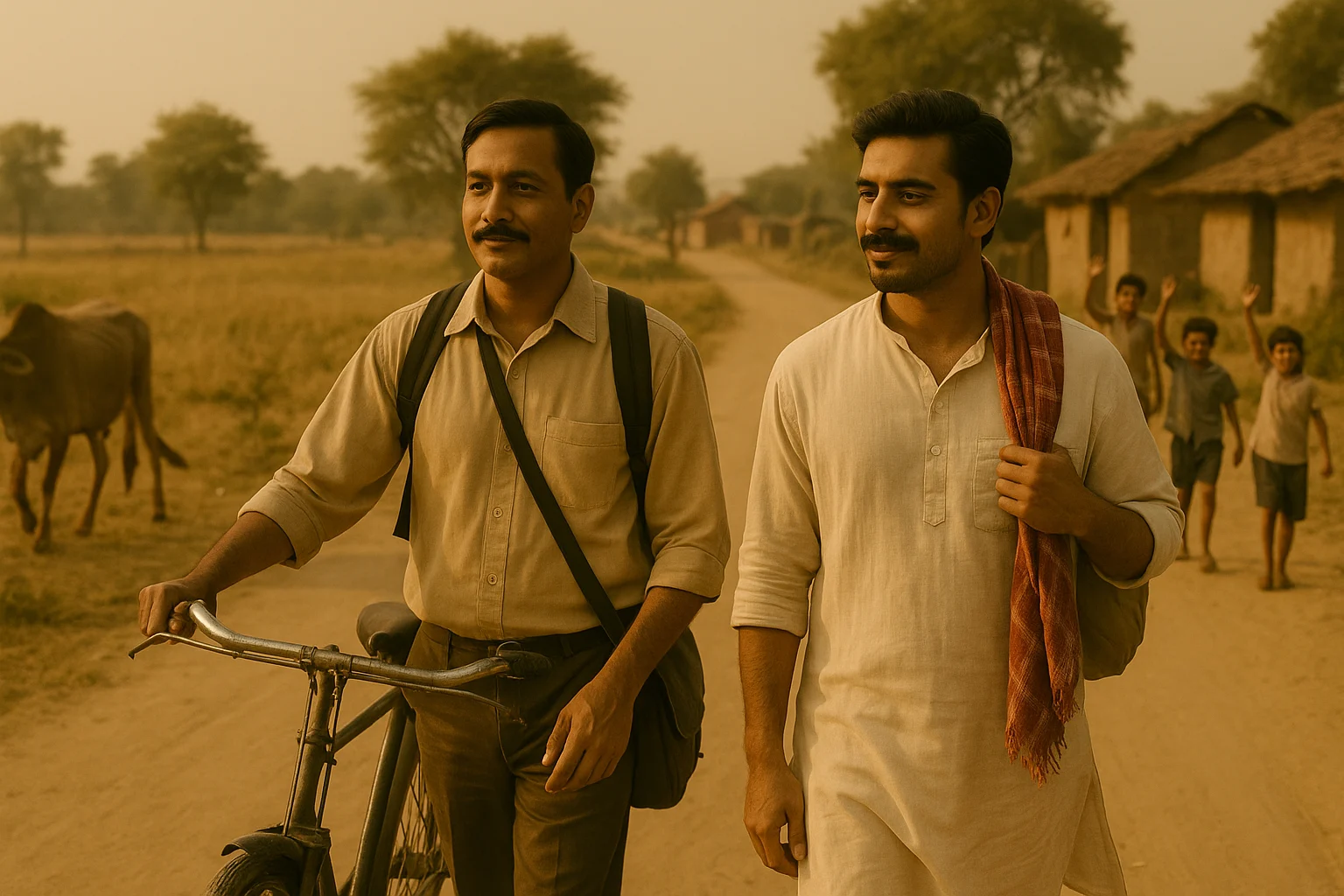
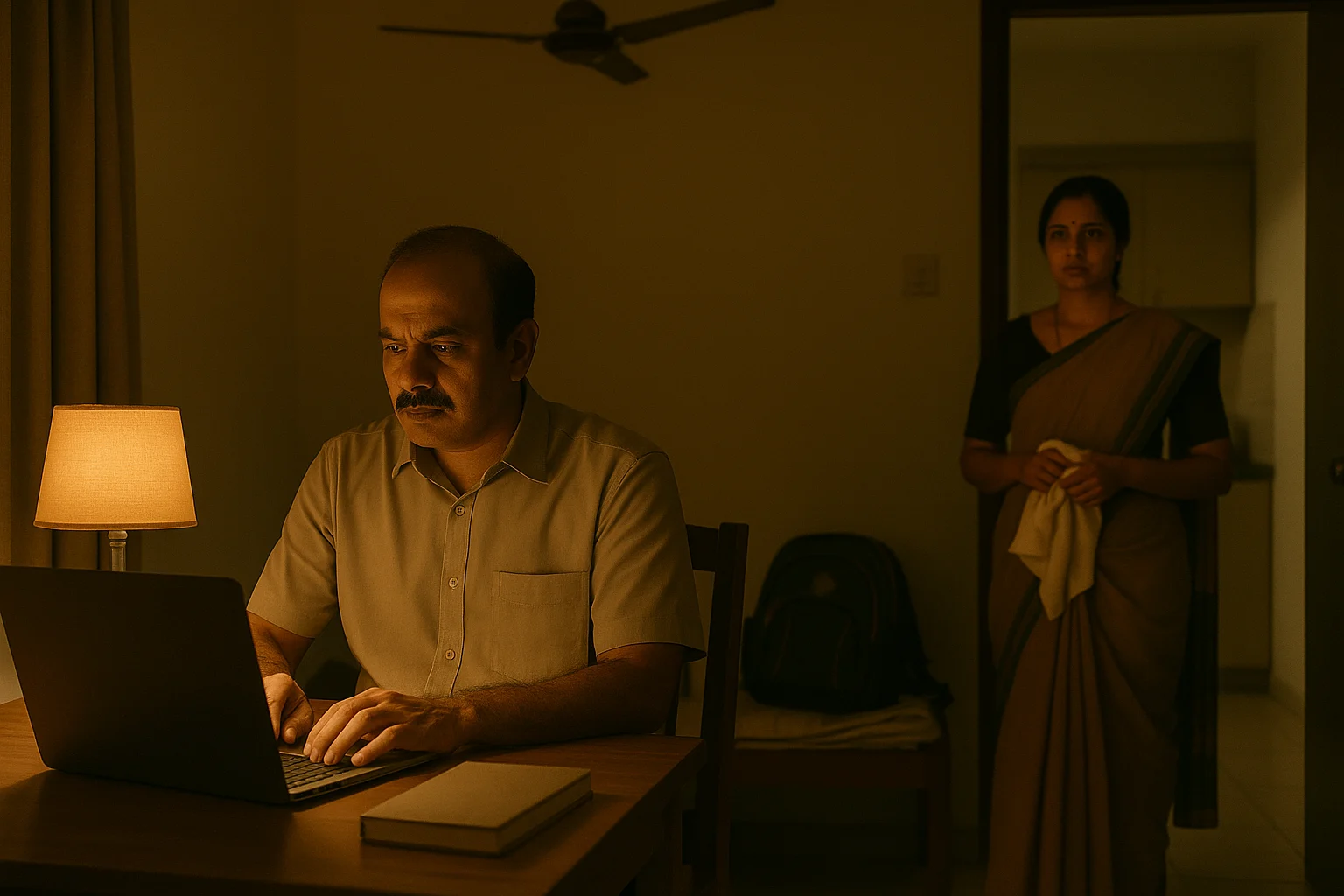
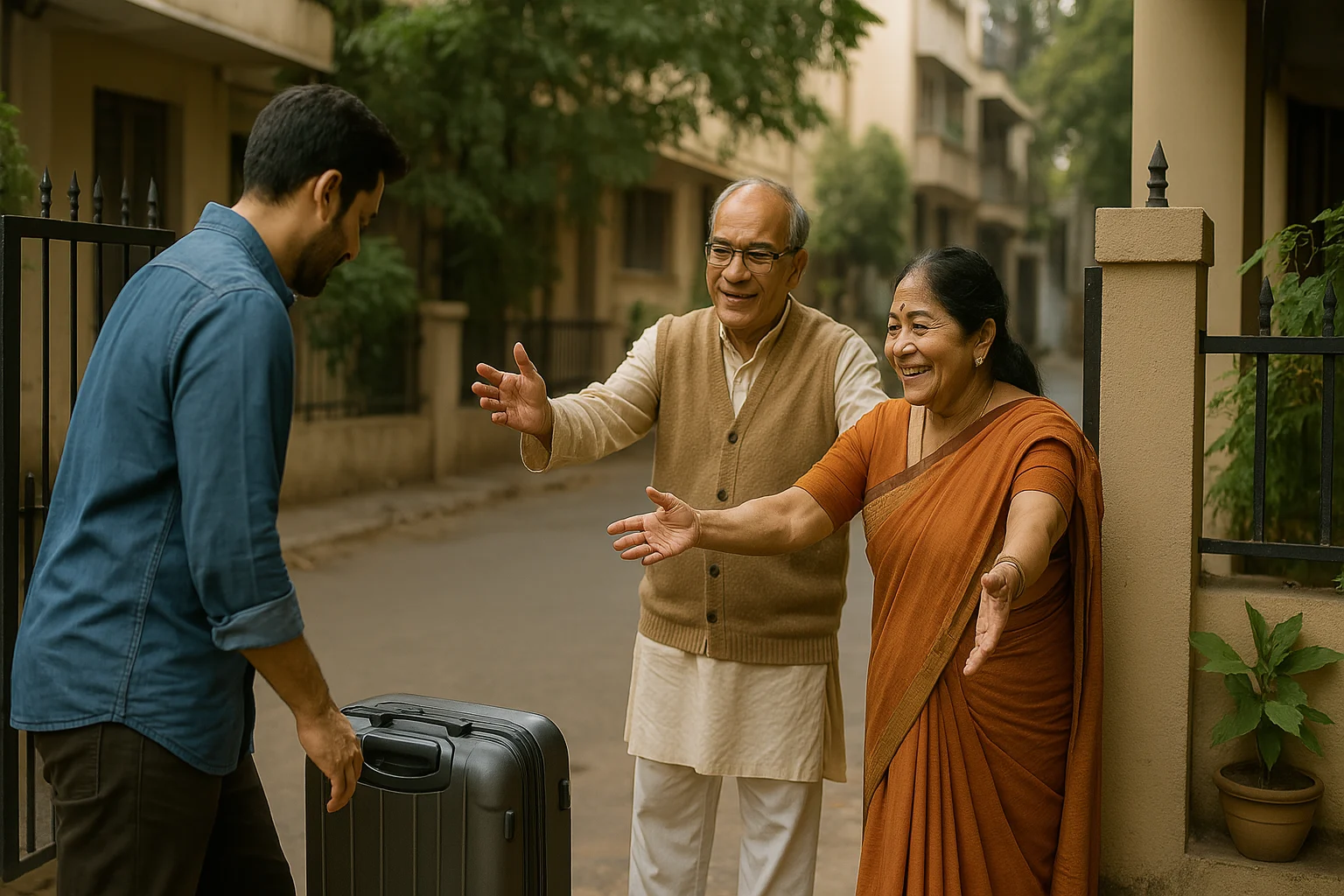

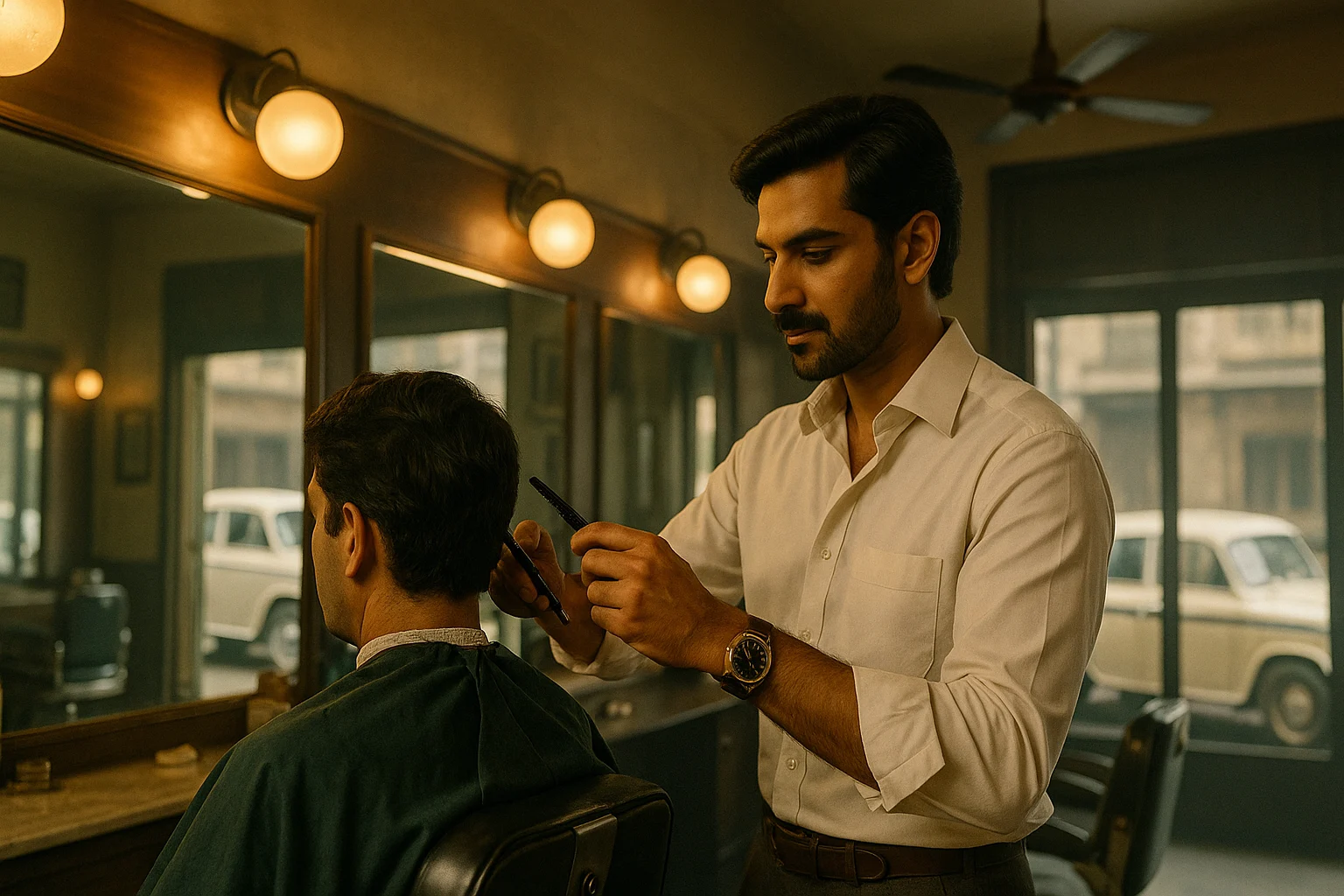





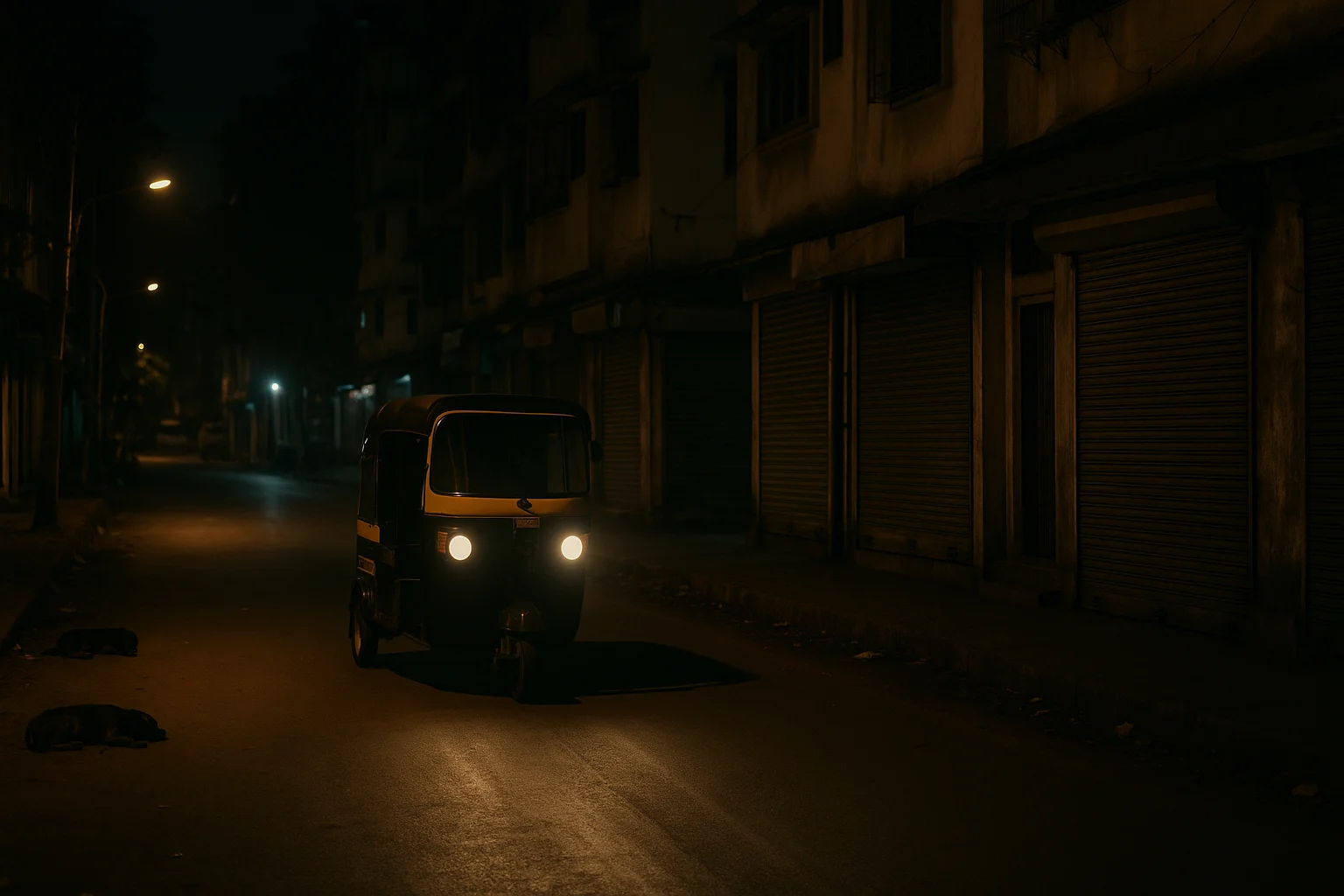
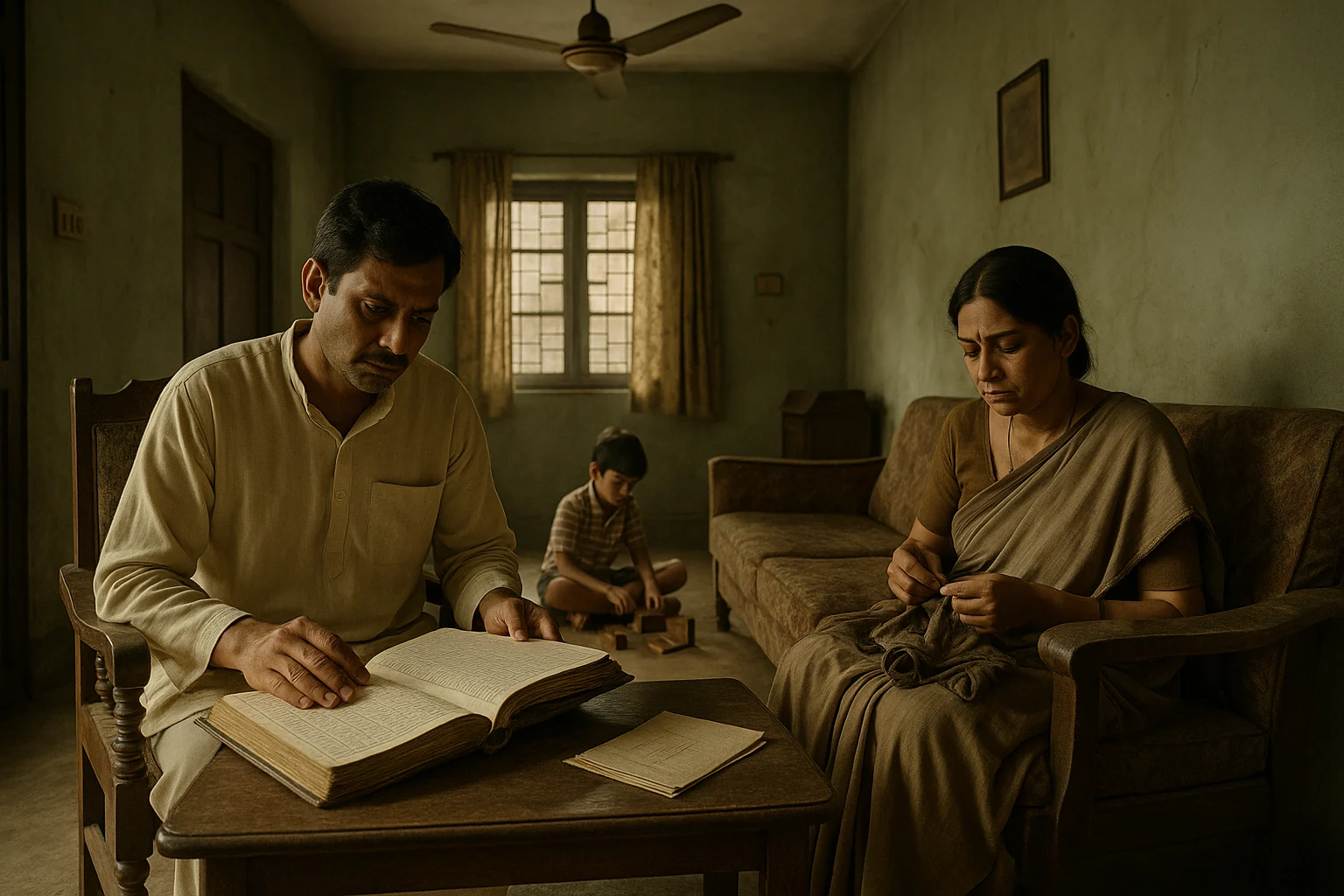
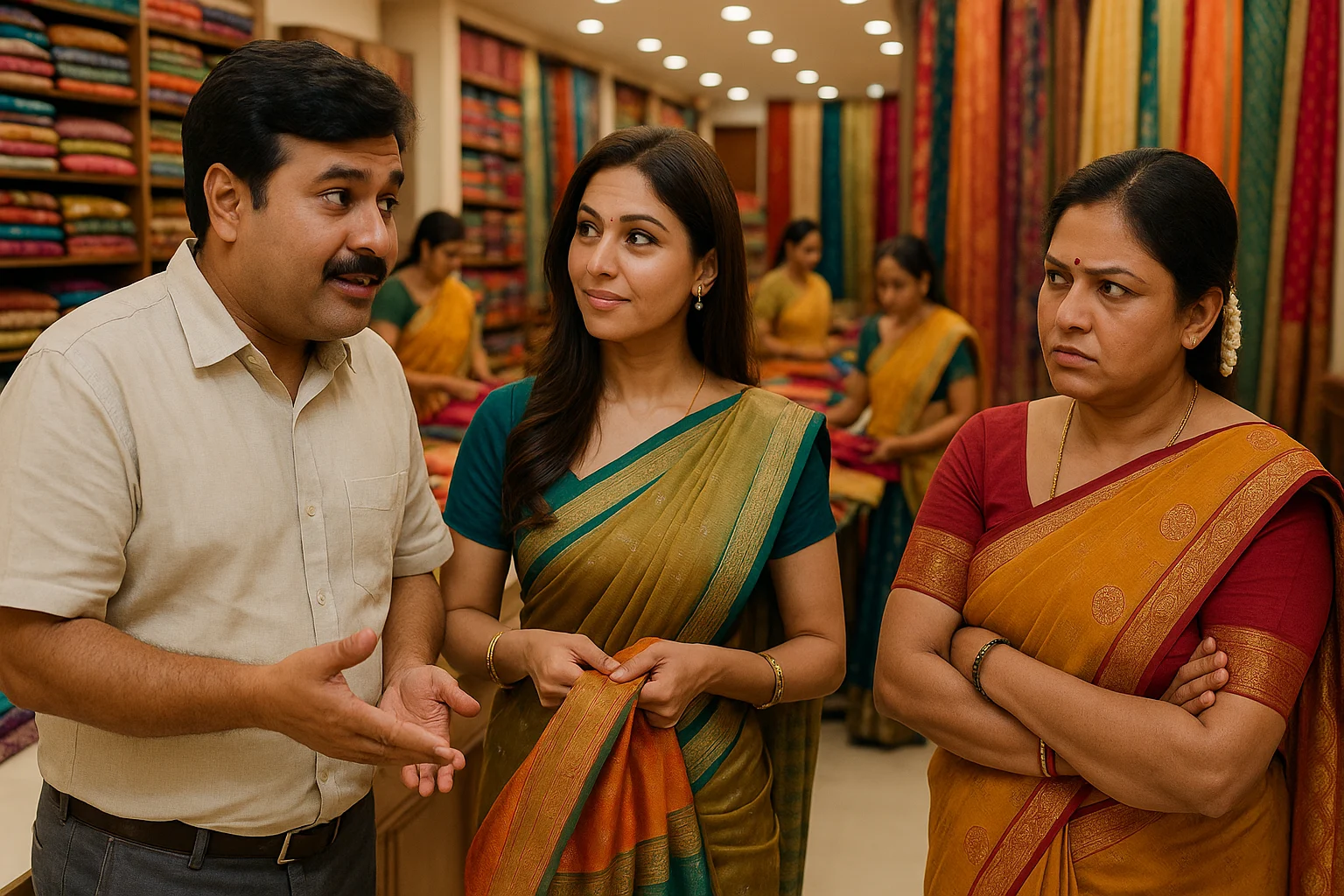
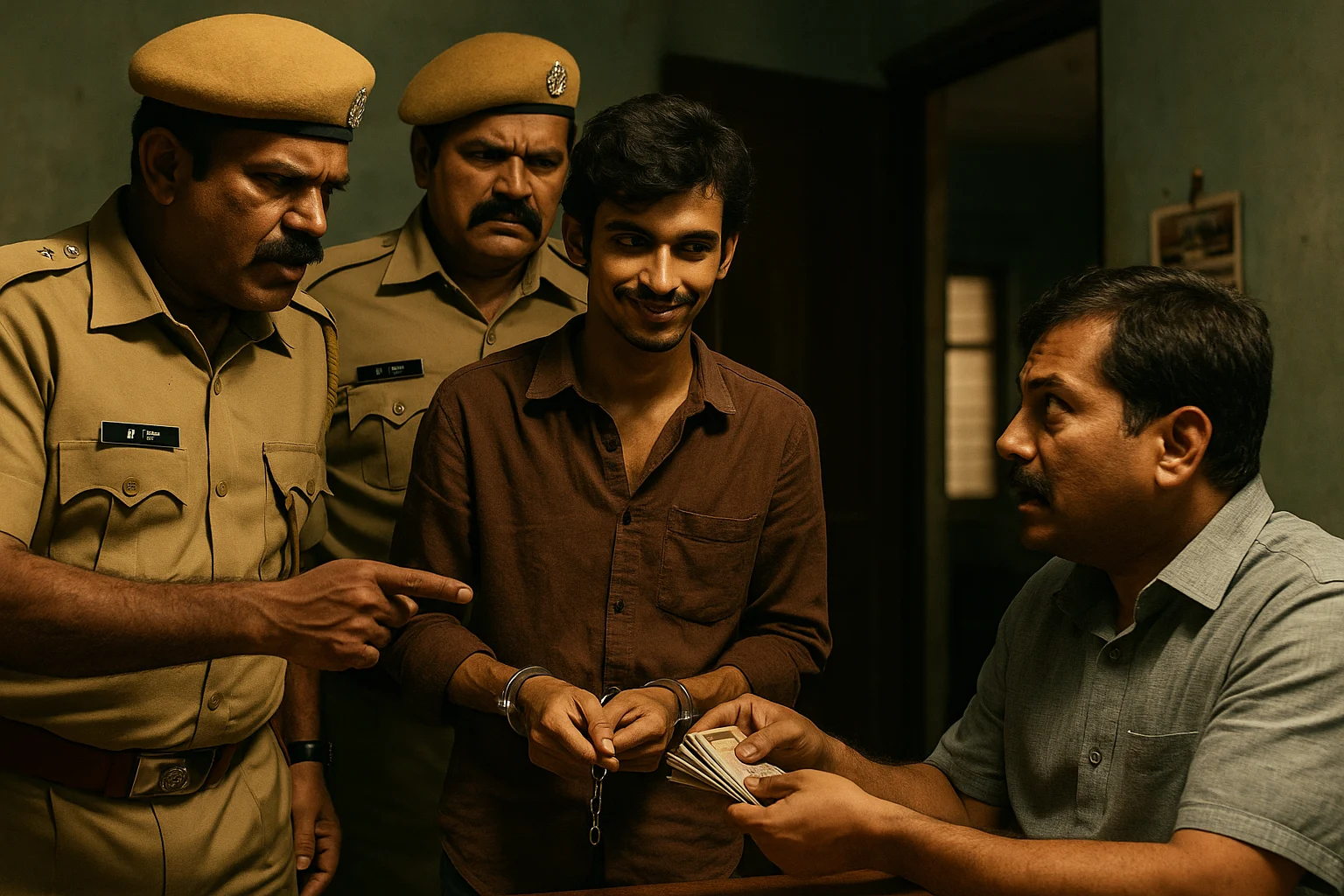


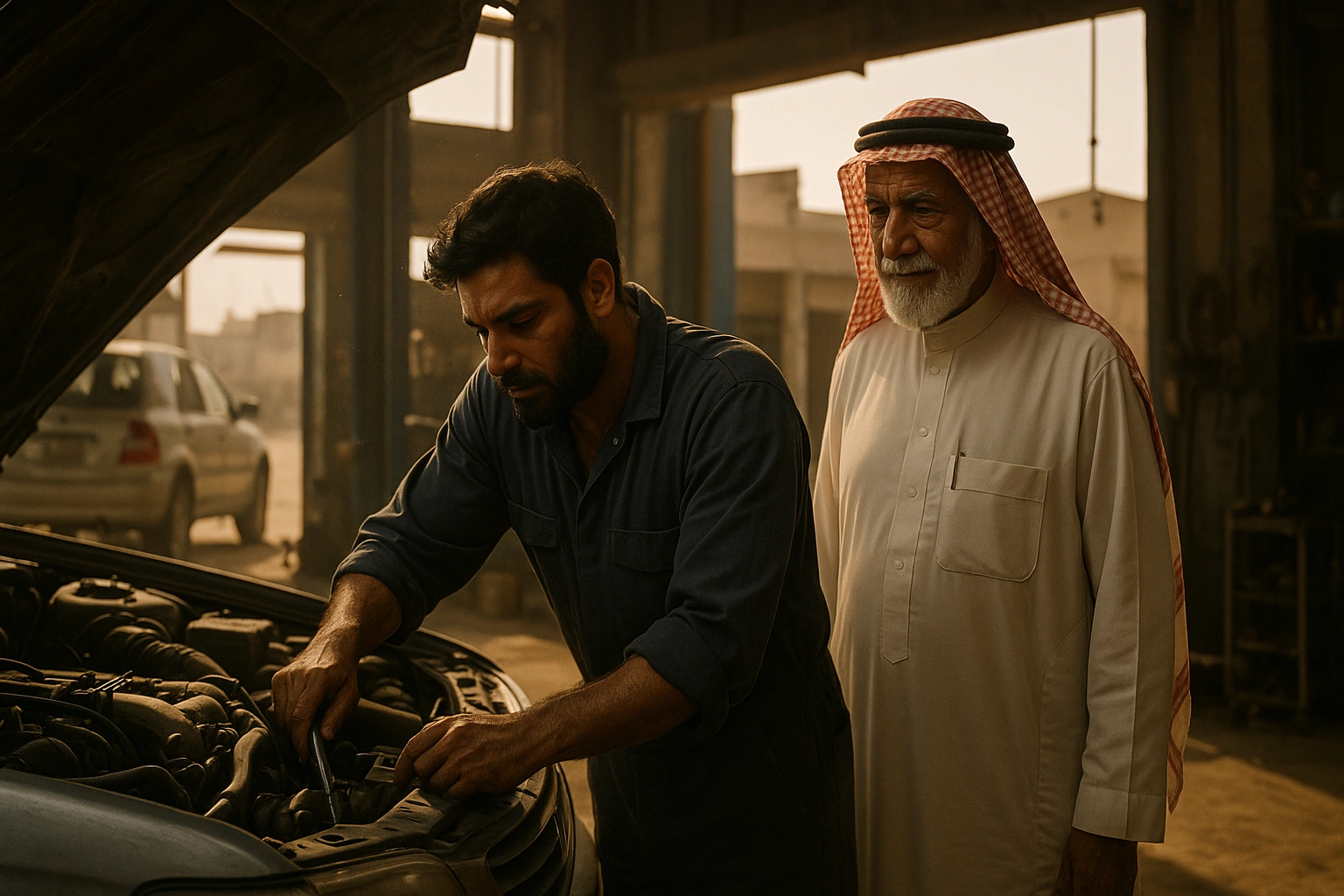



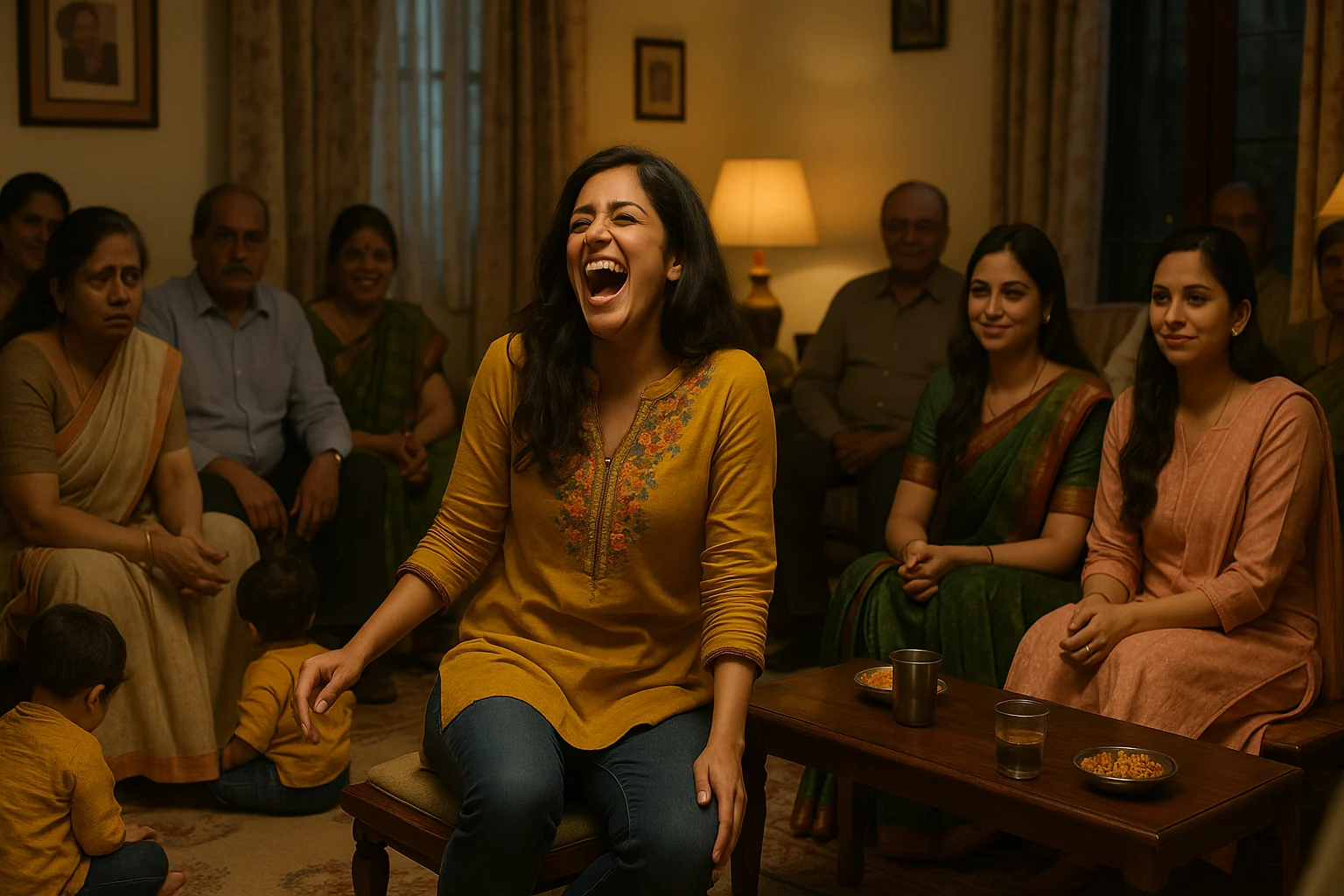
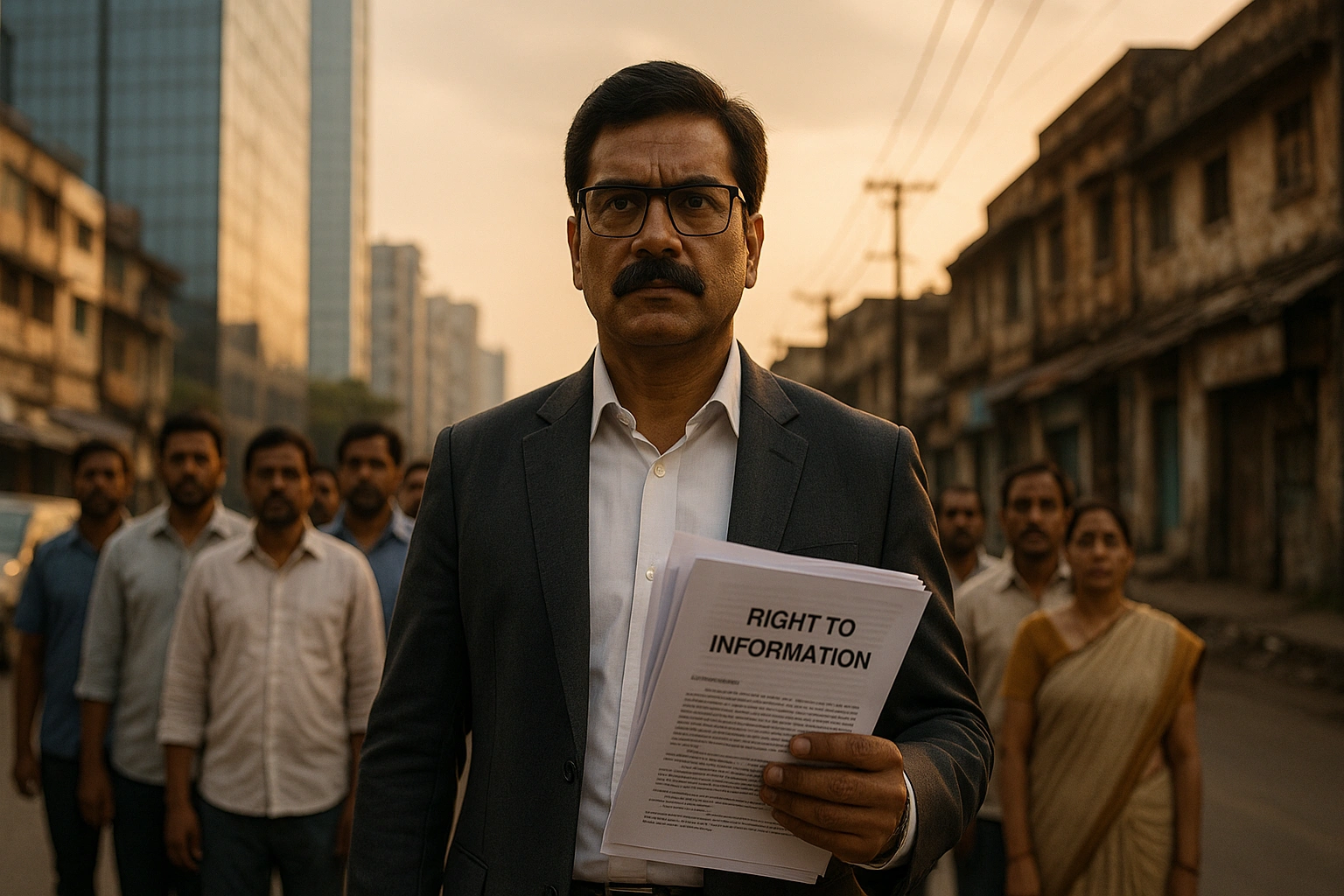







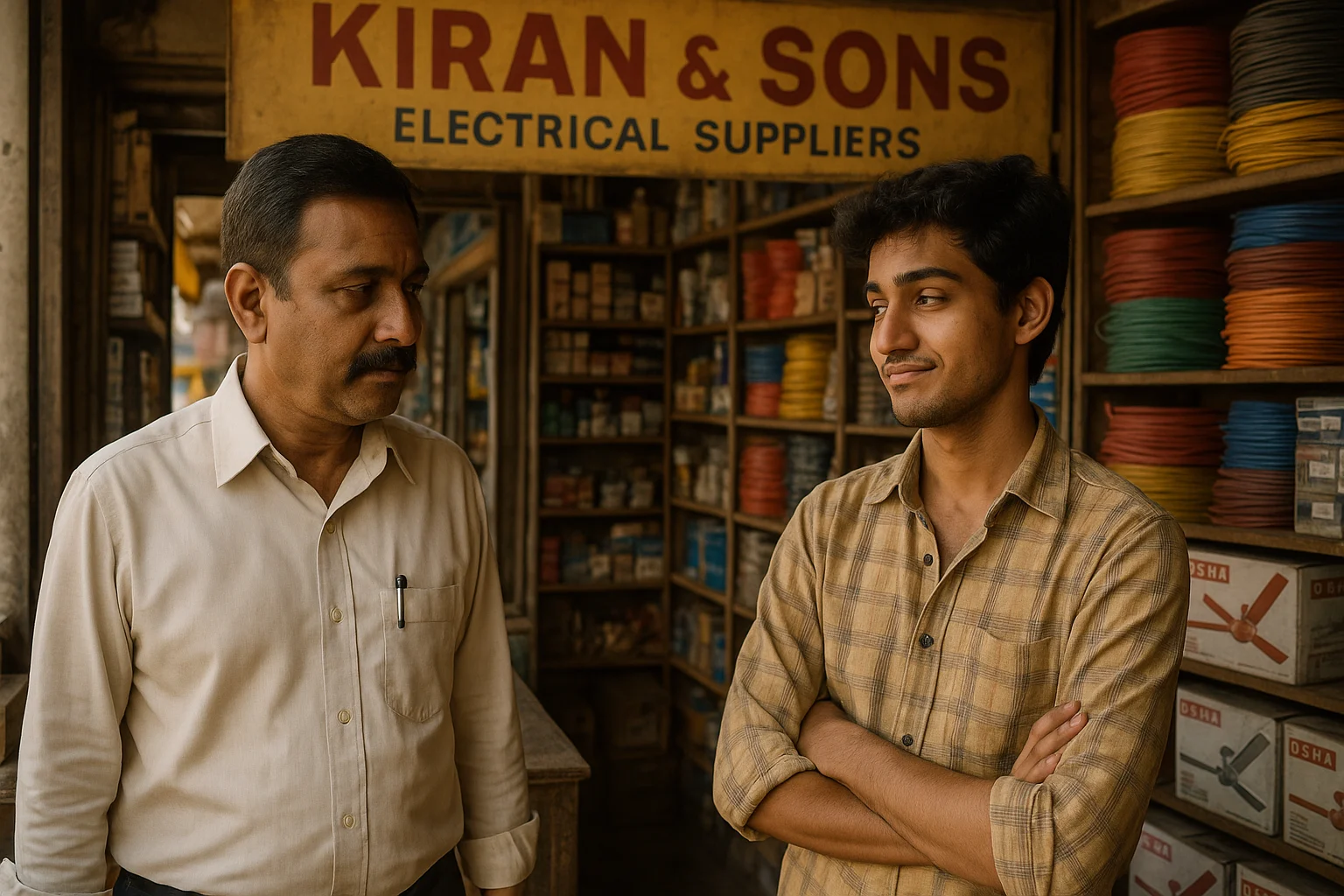


Very Inspiring Story.
Nice